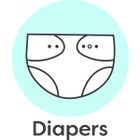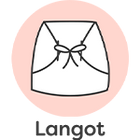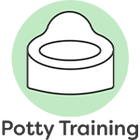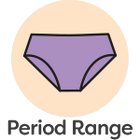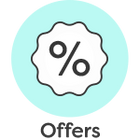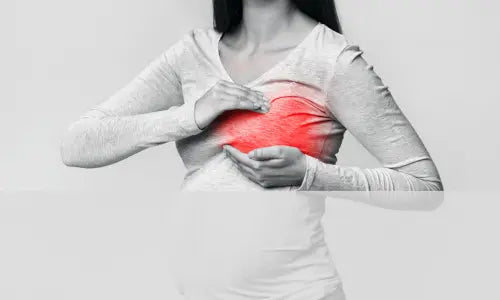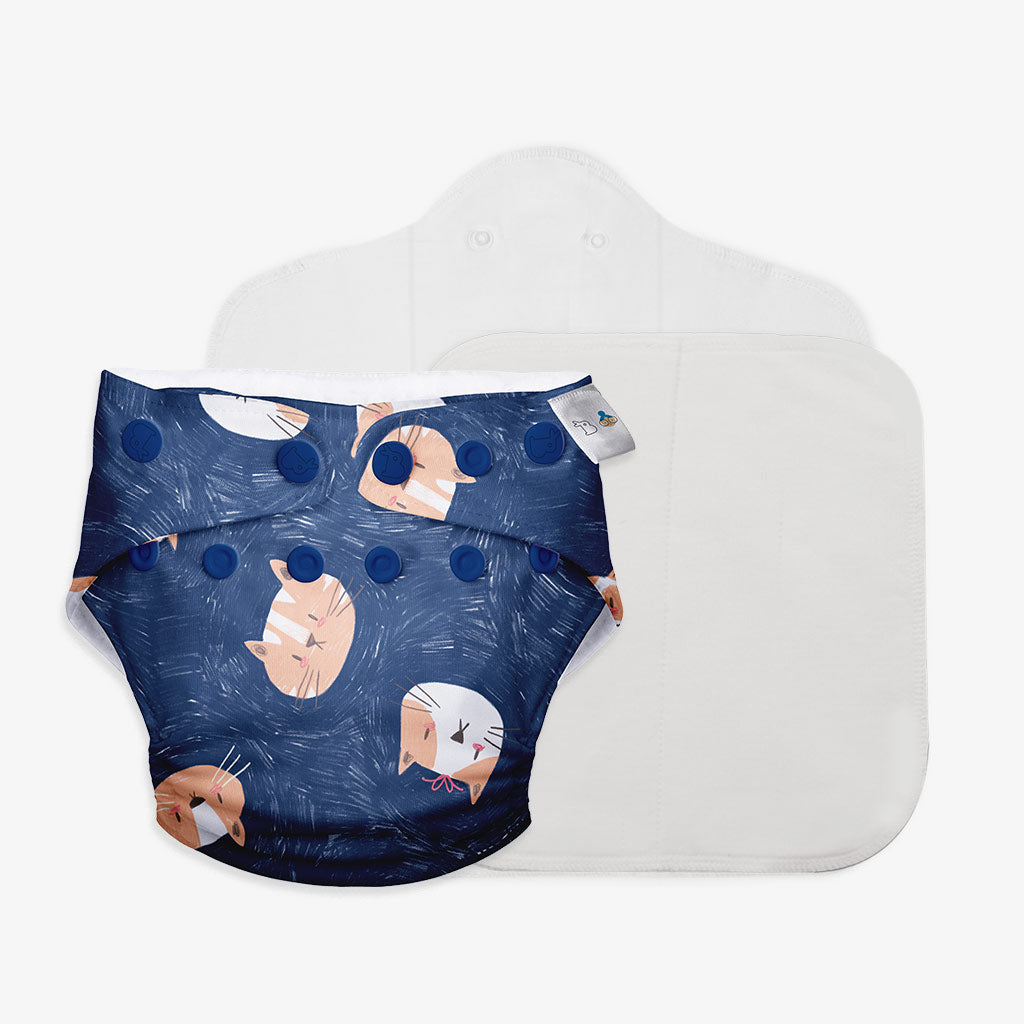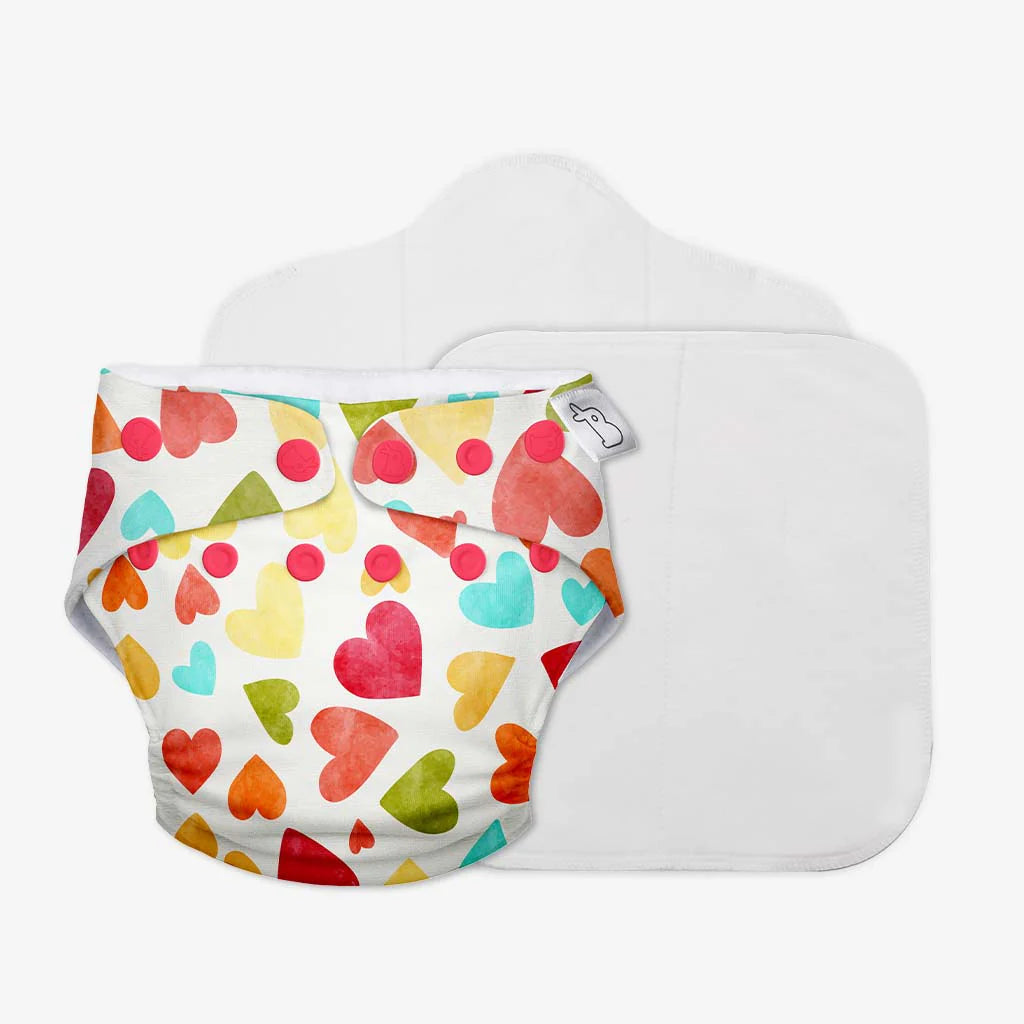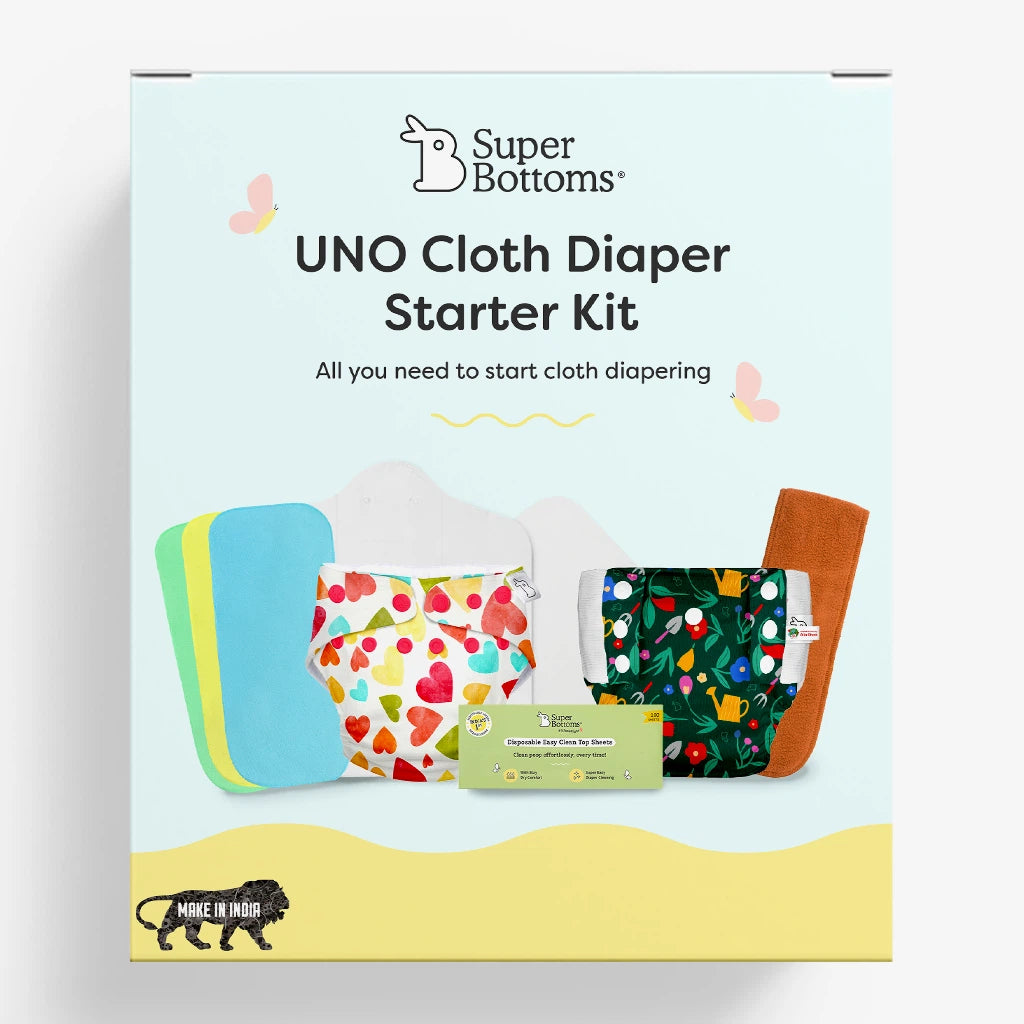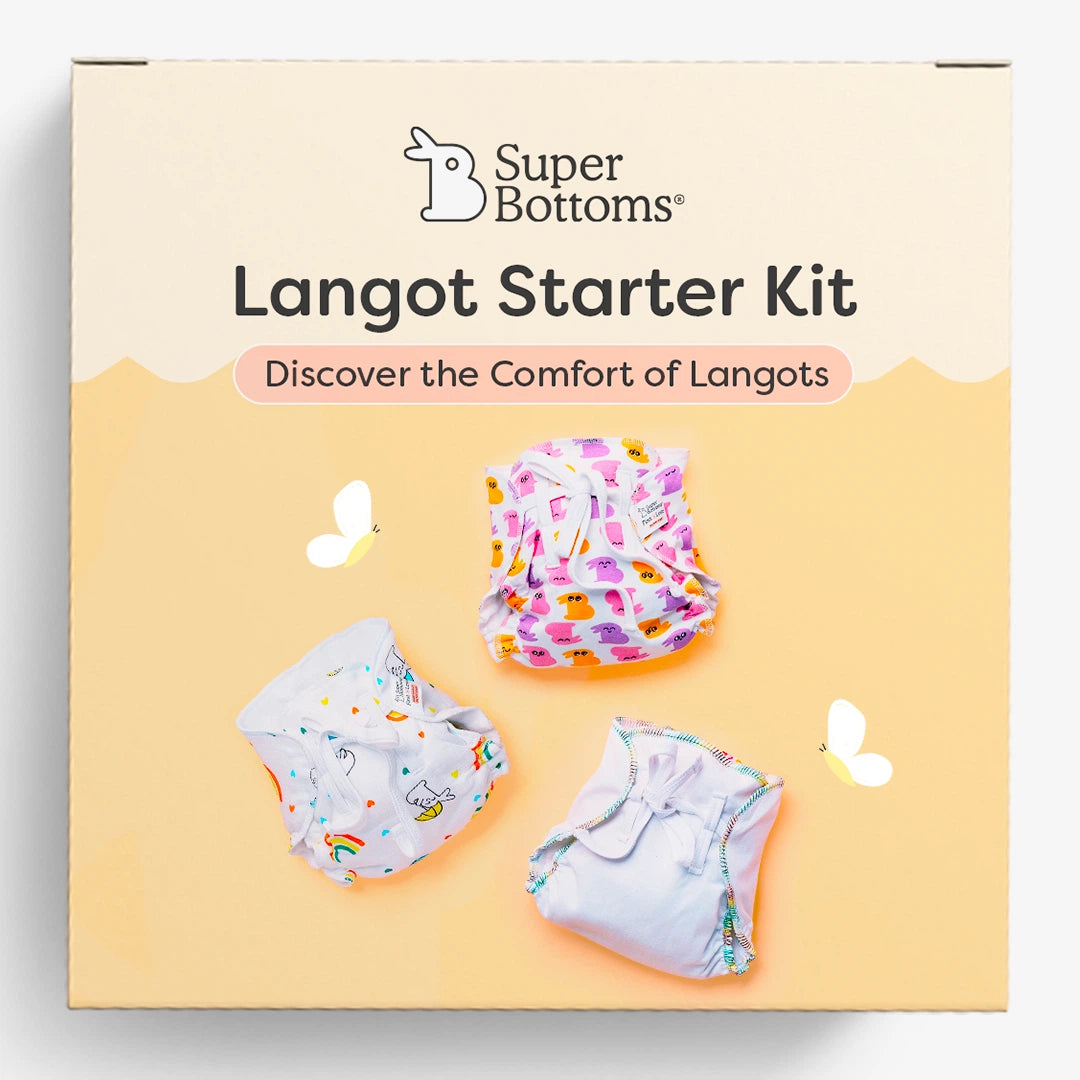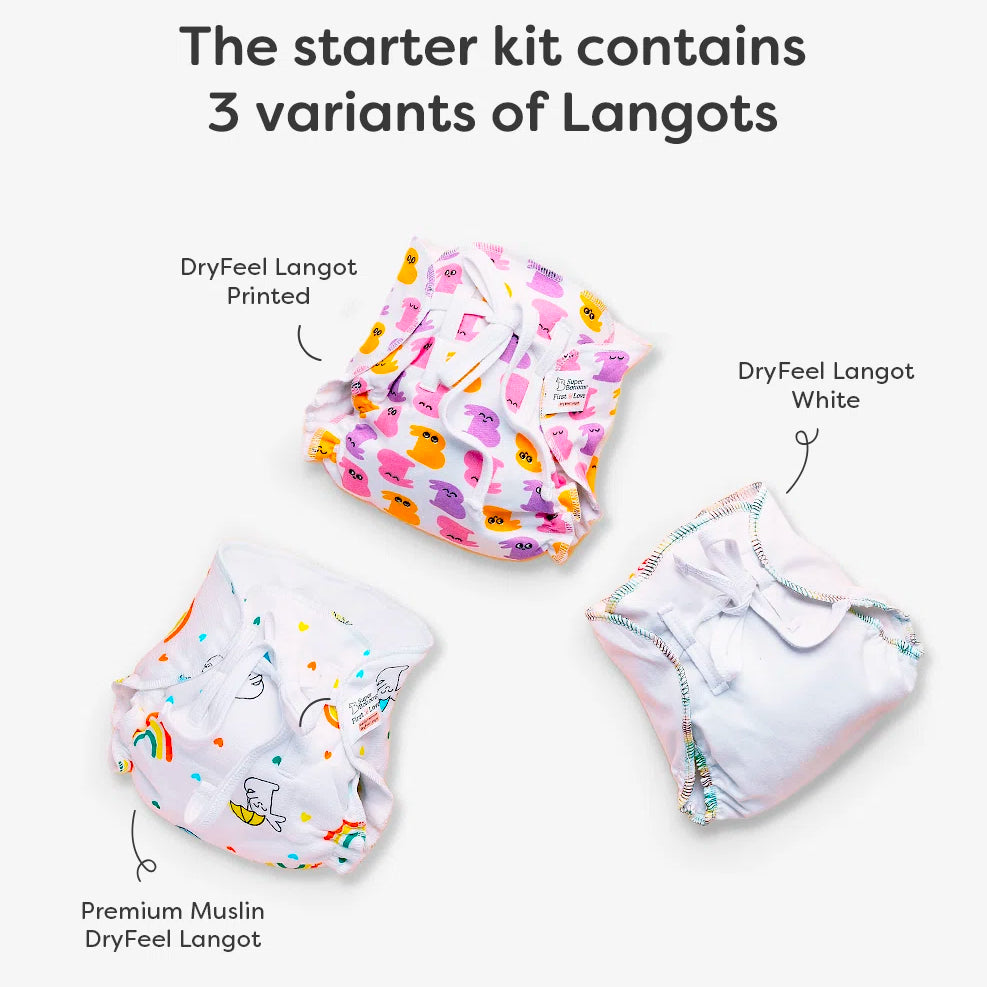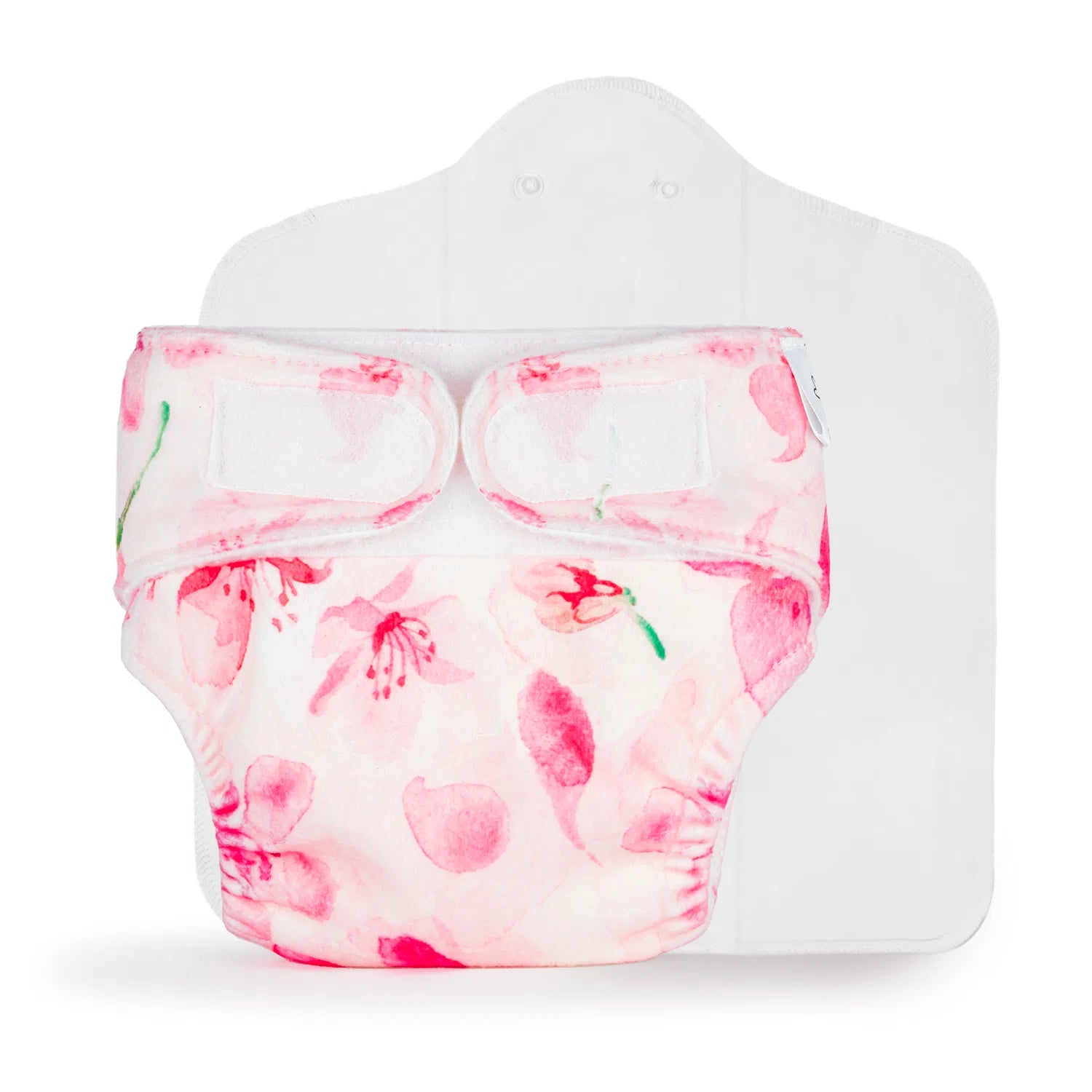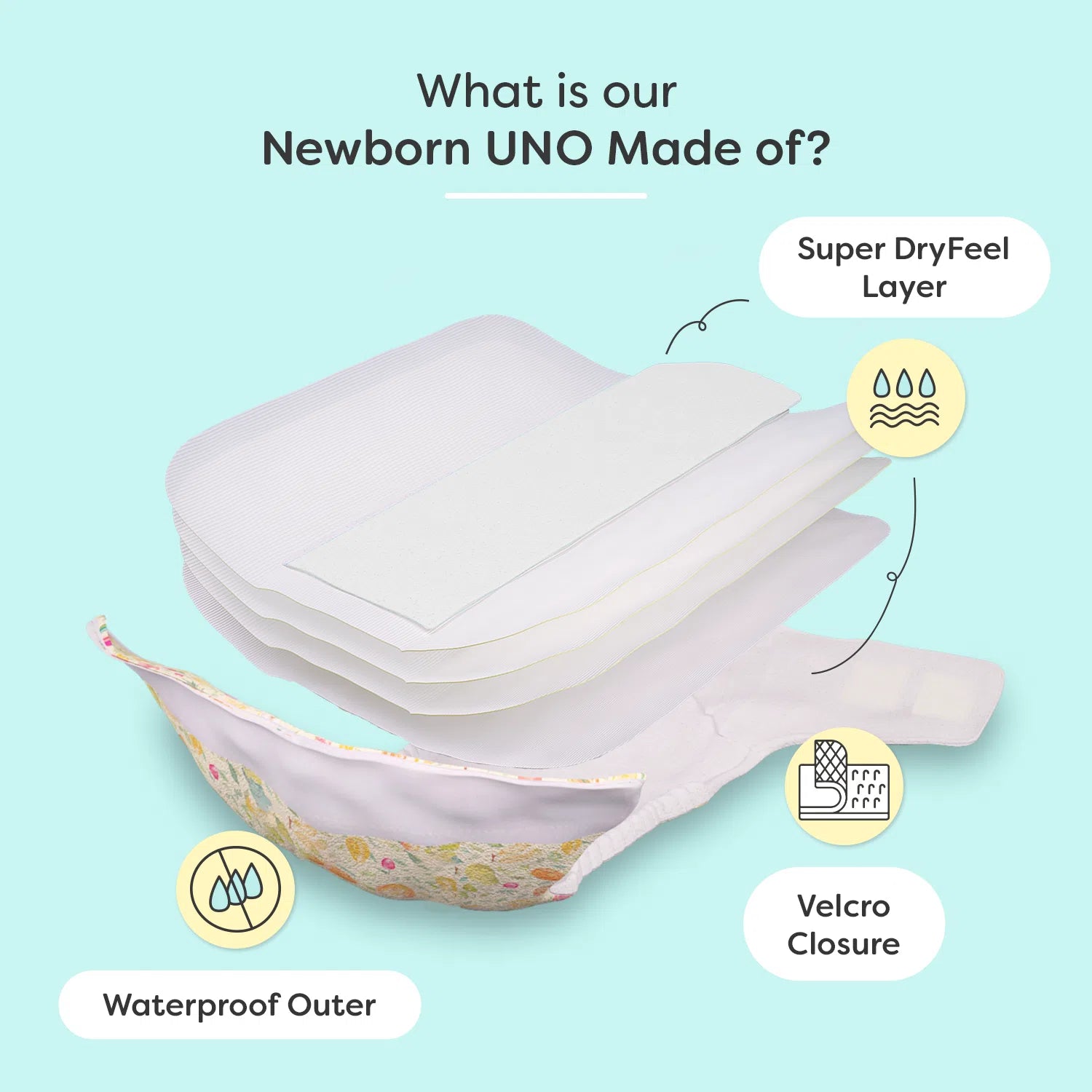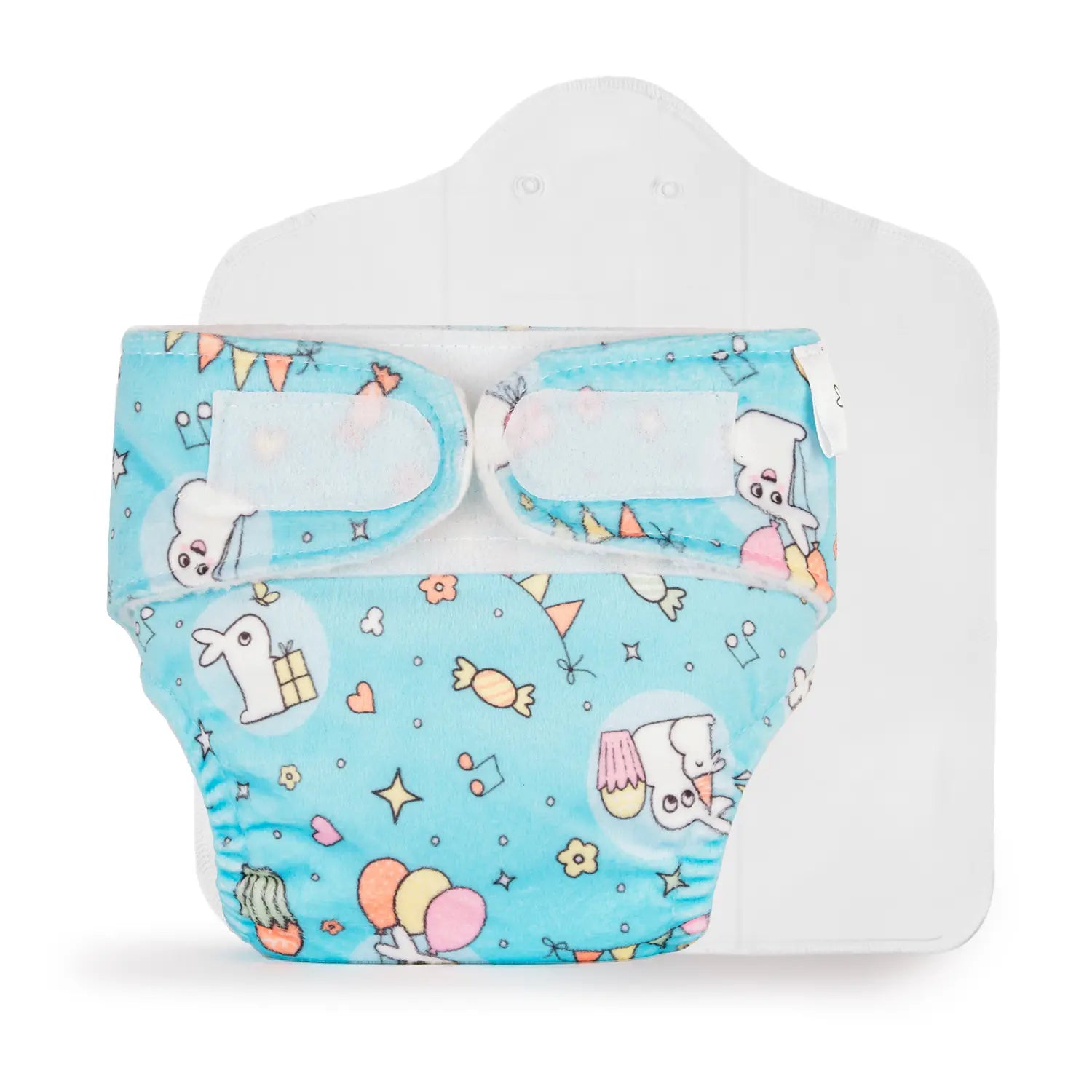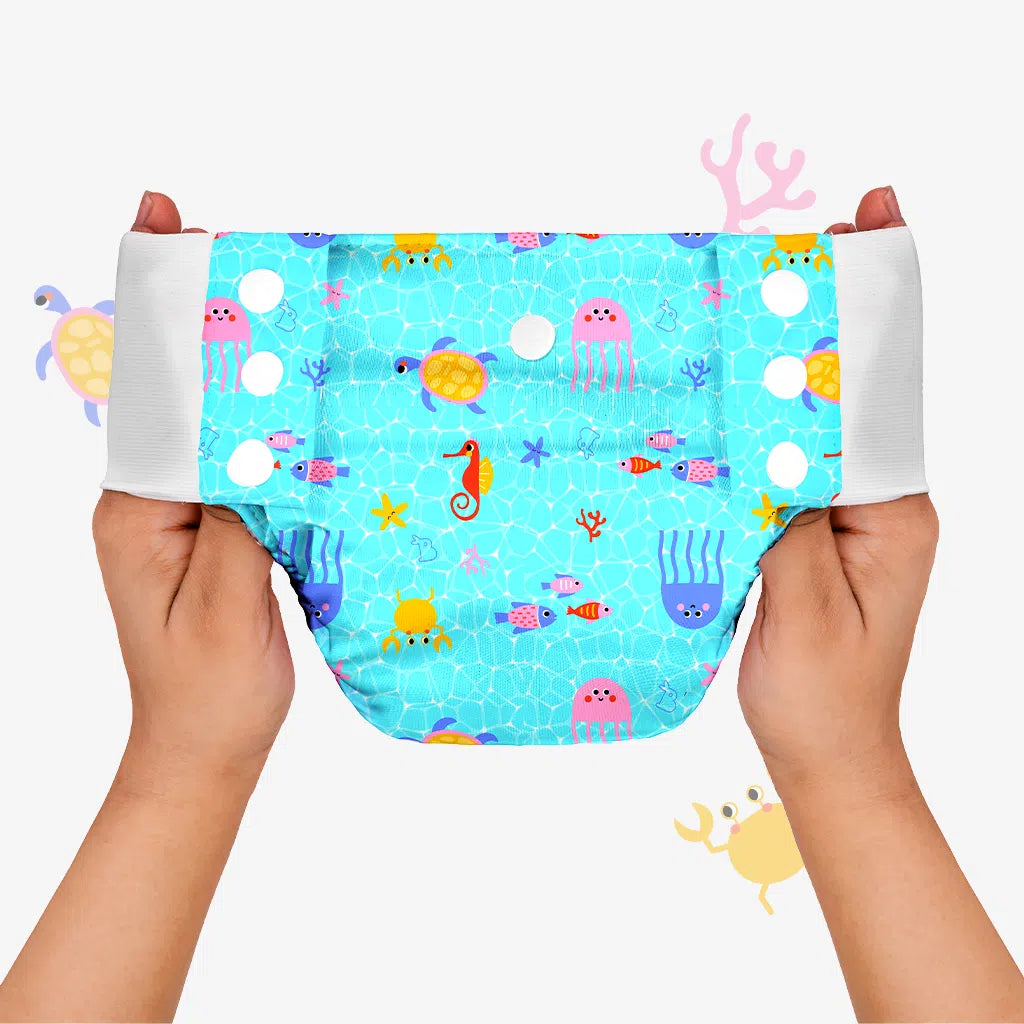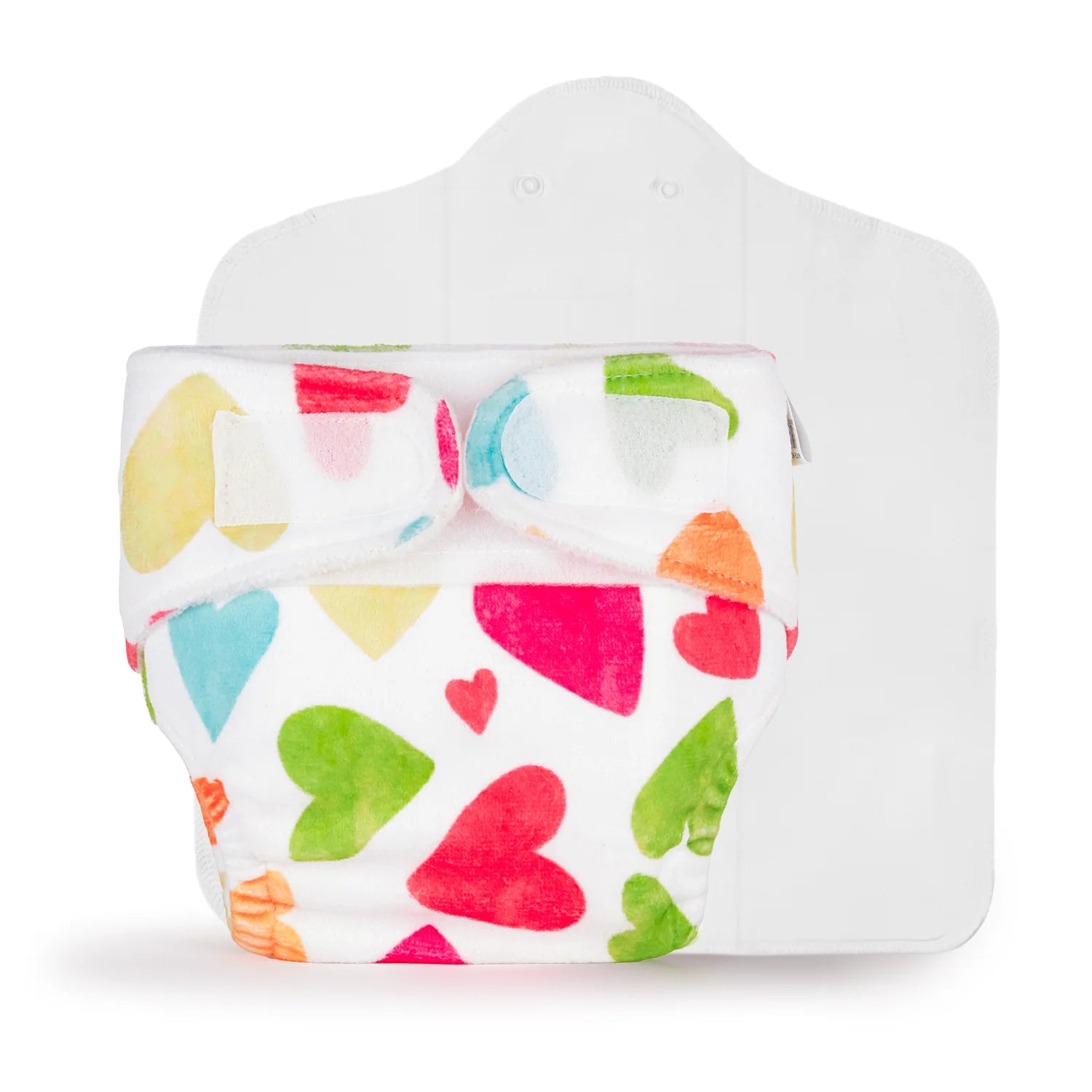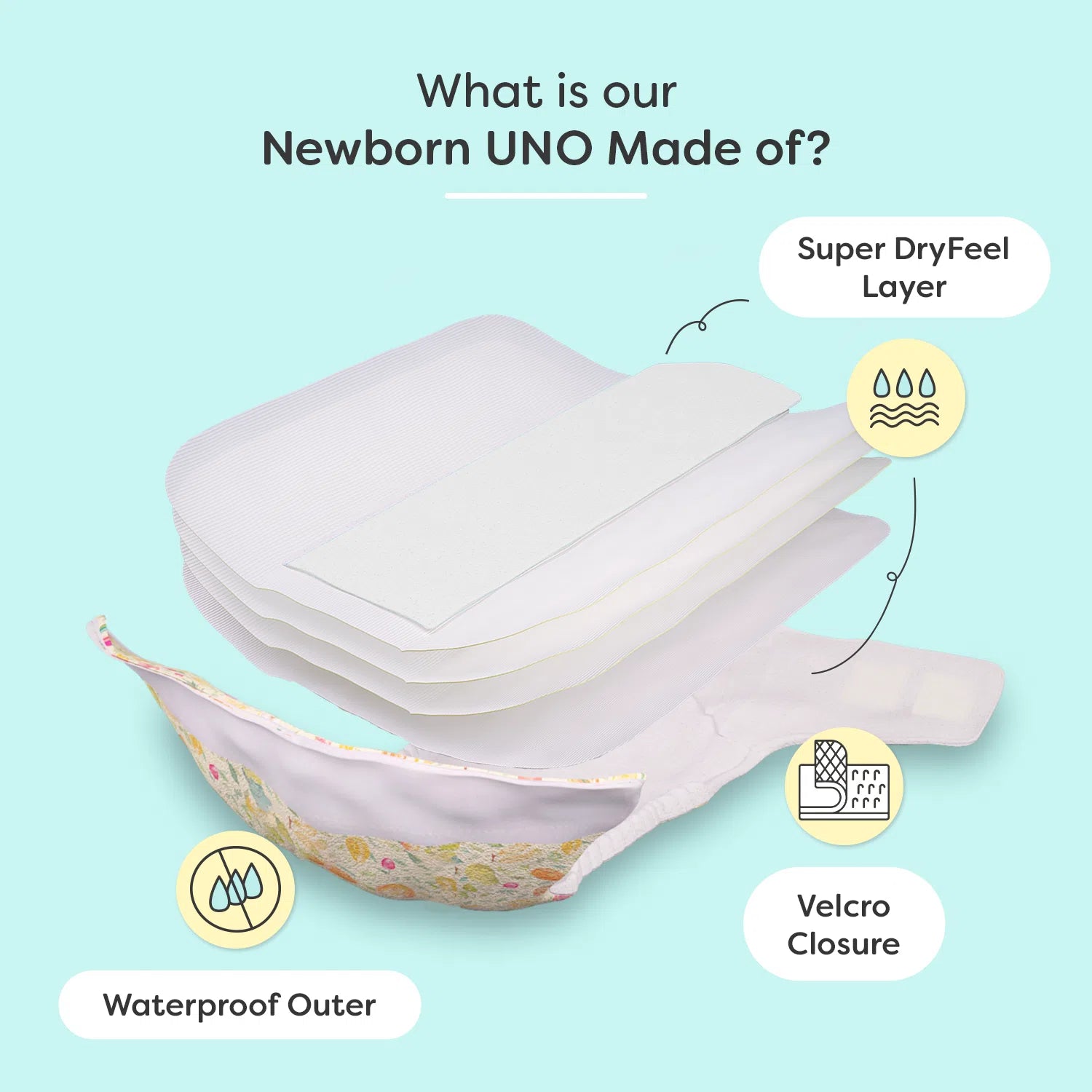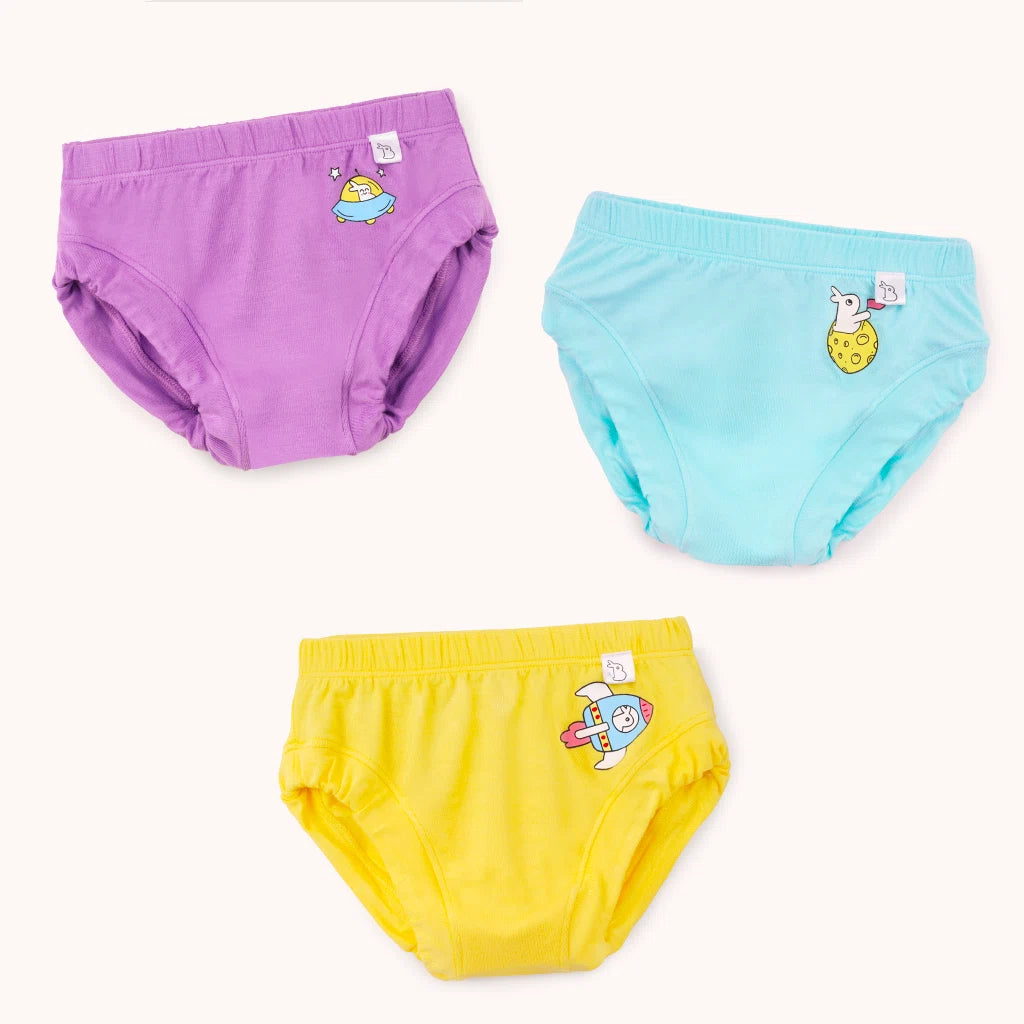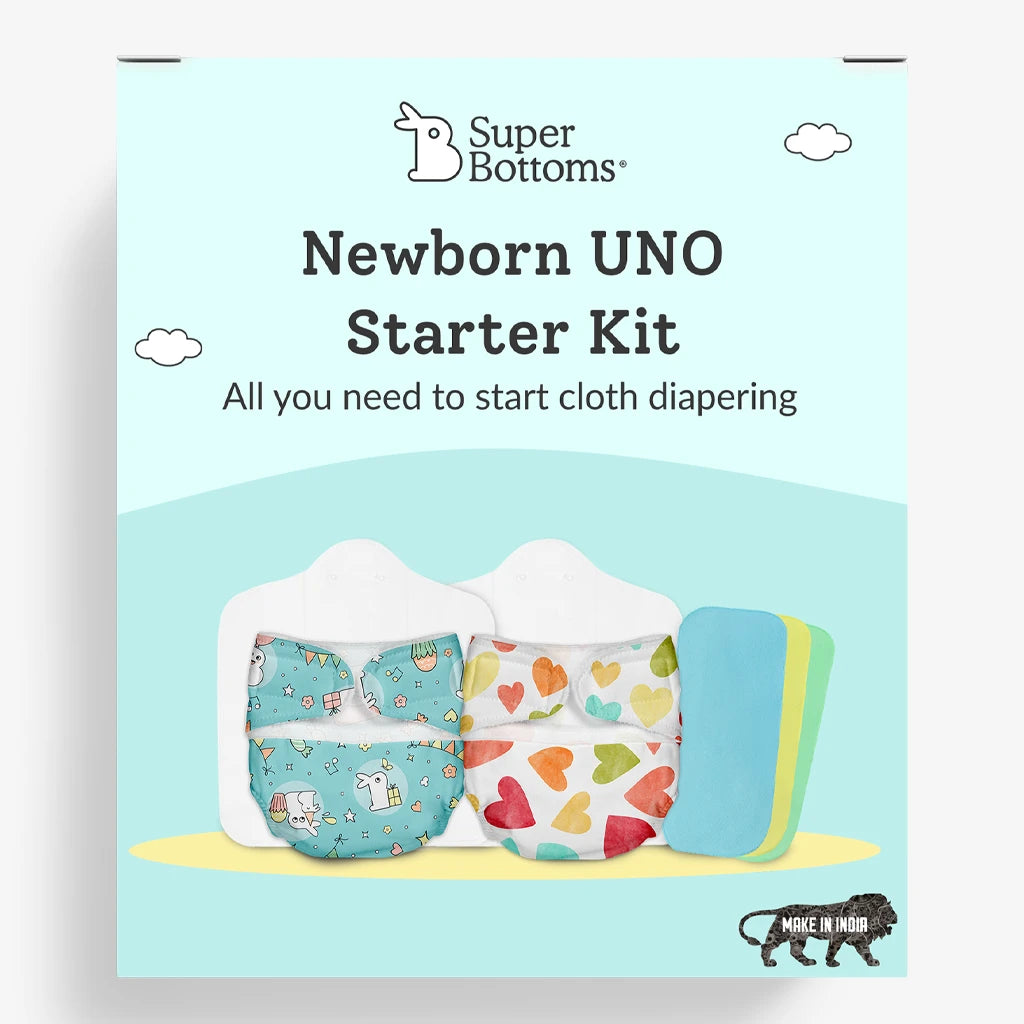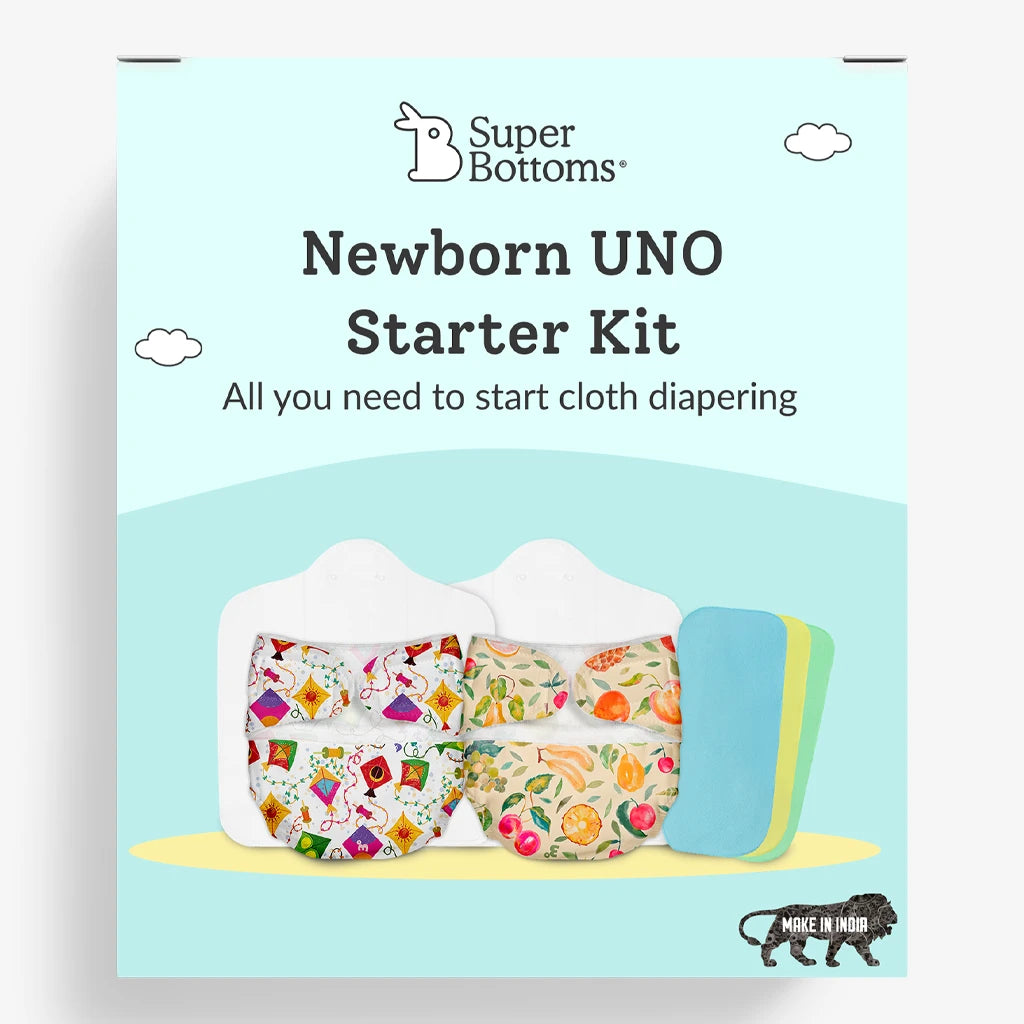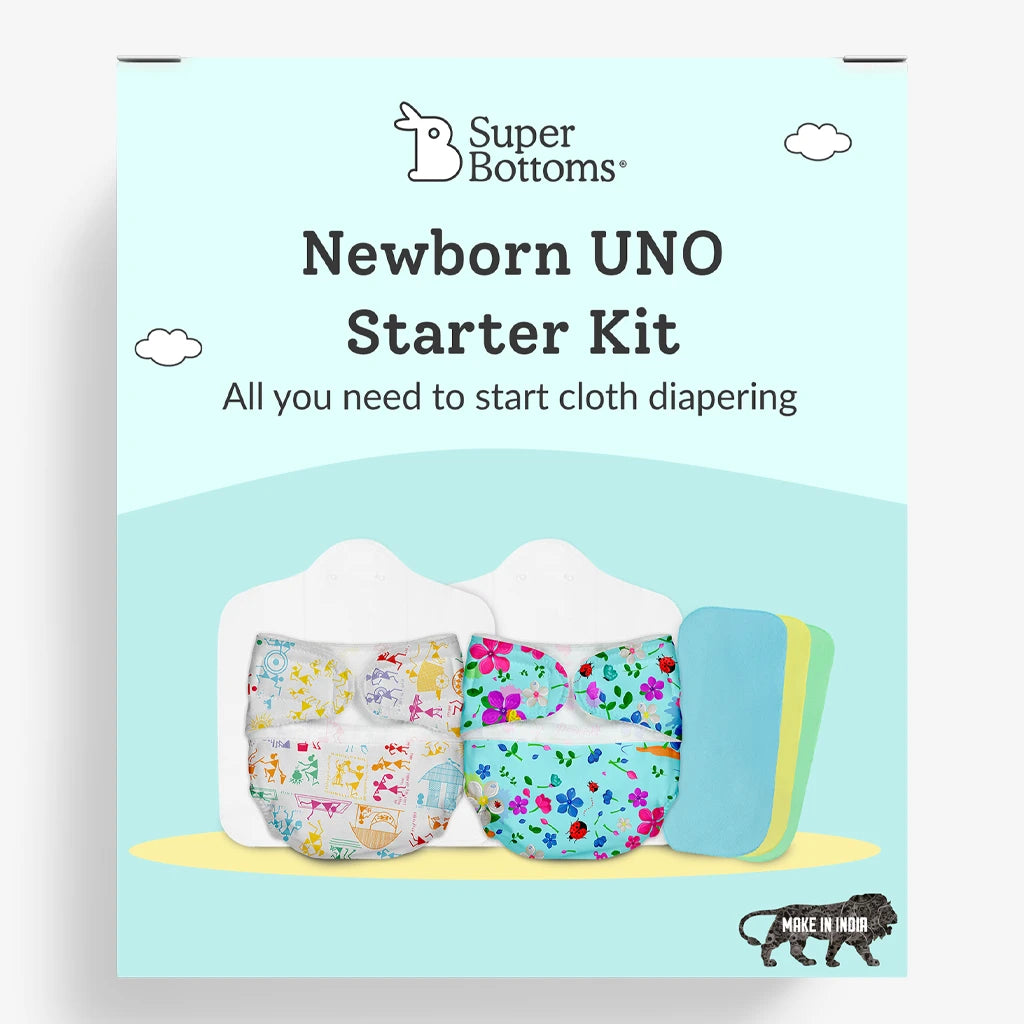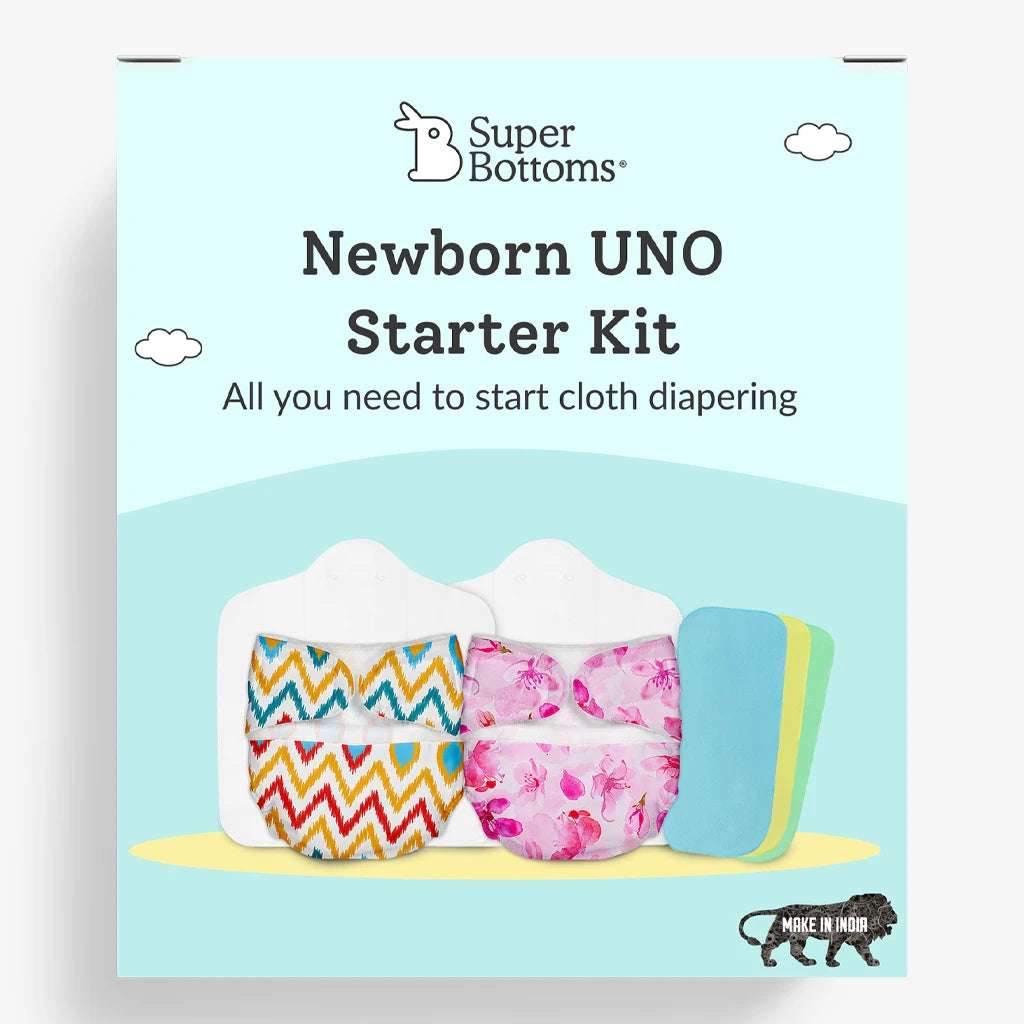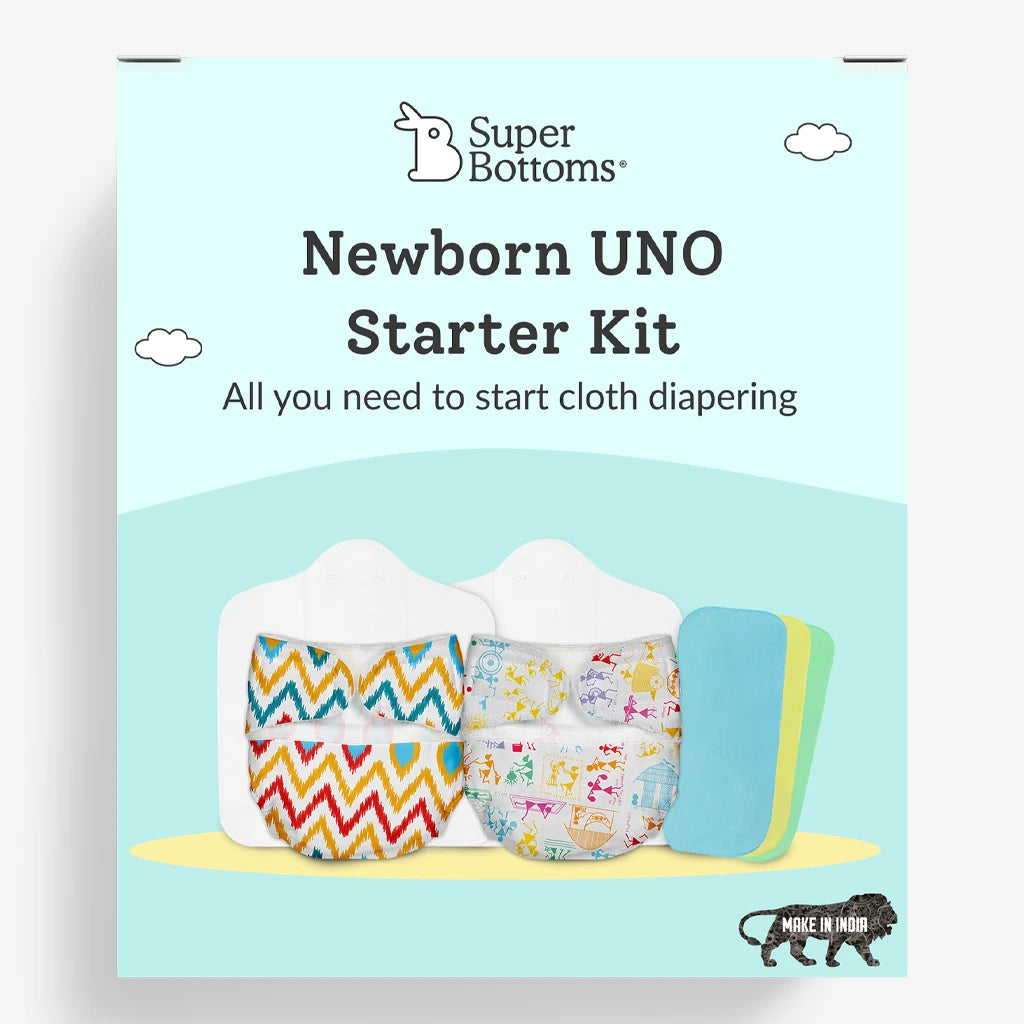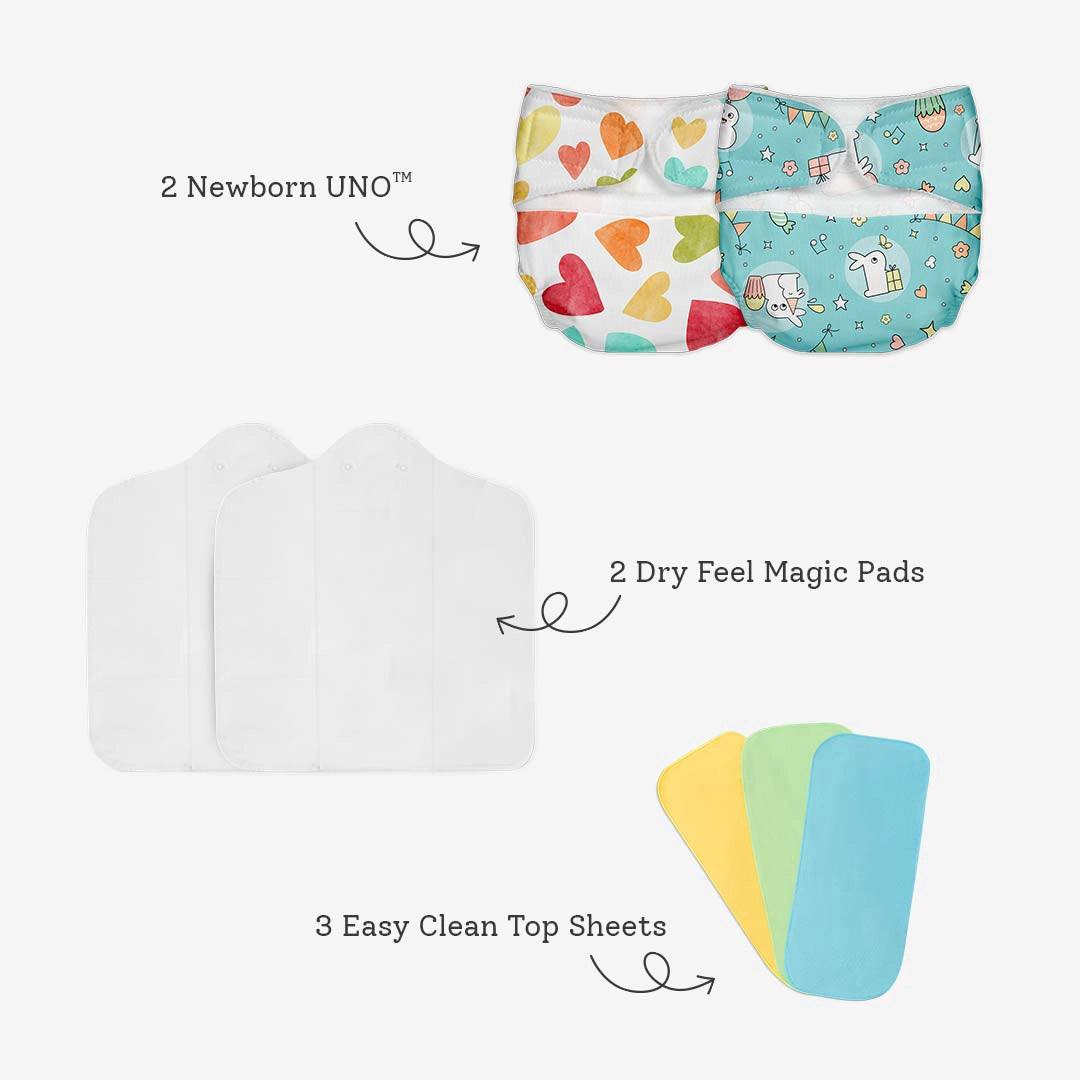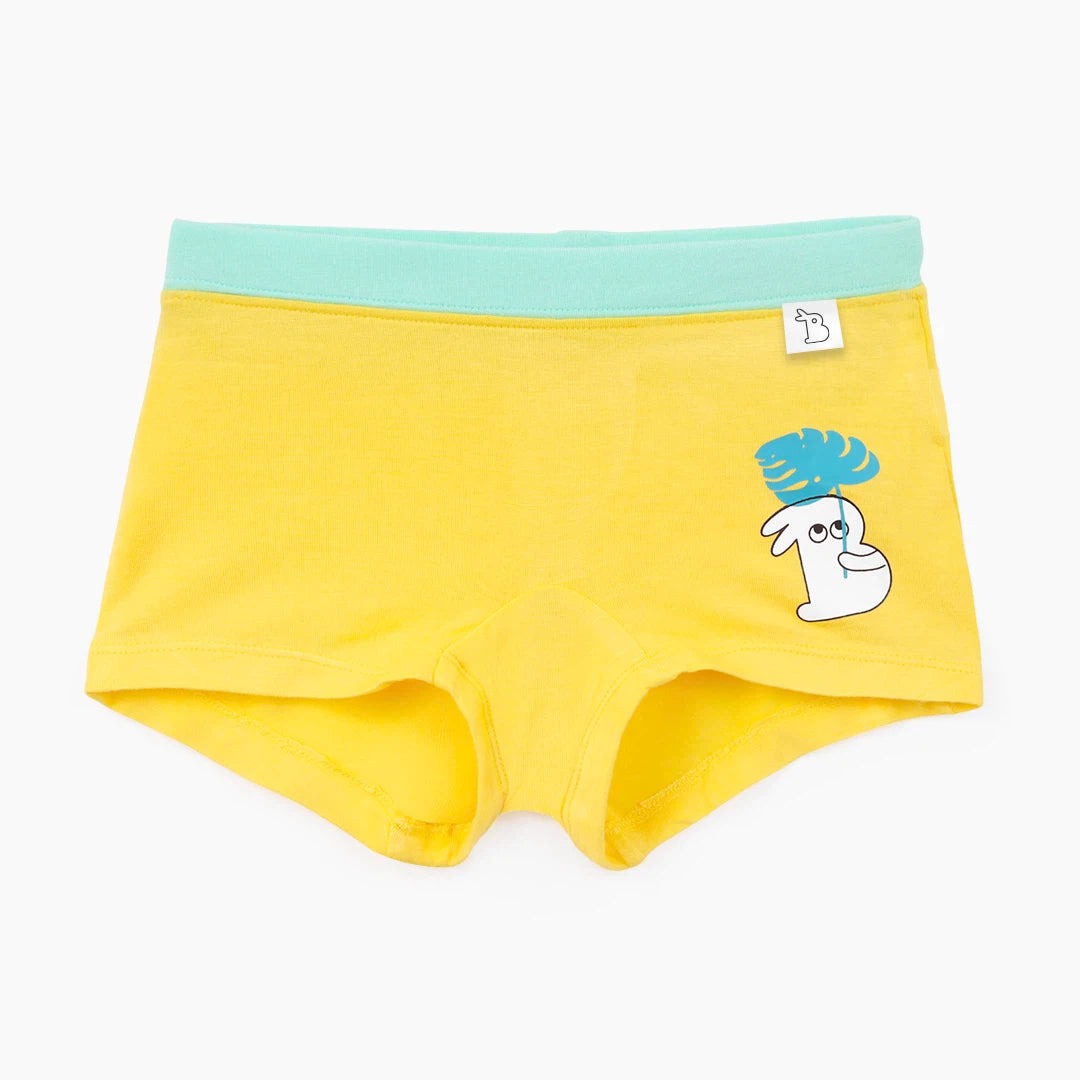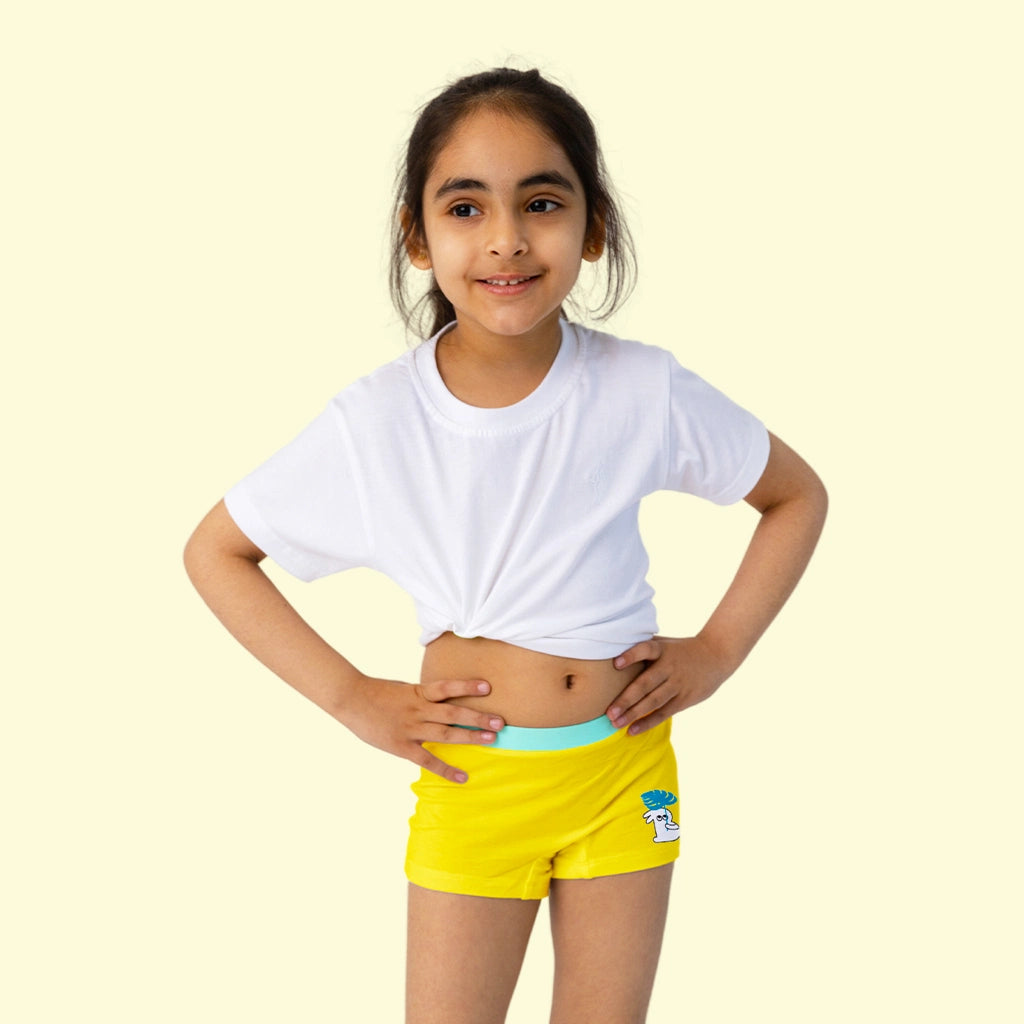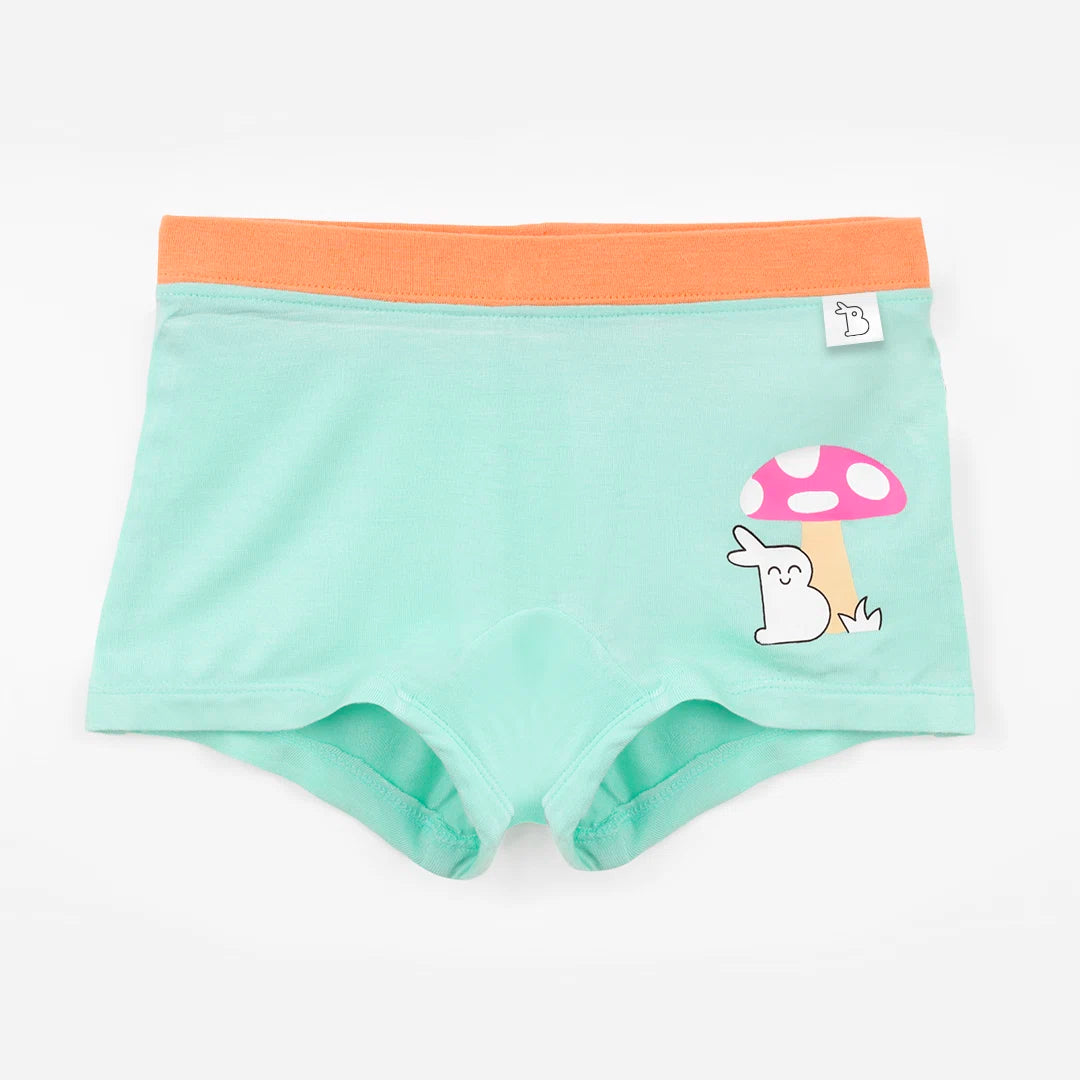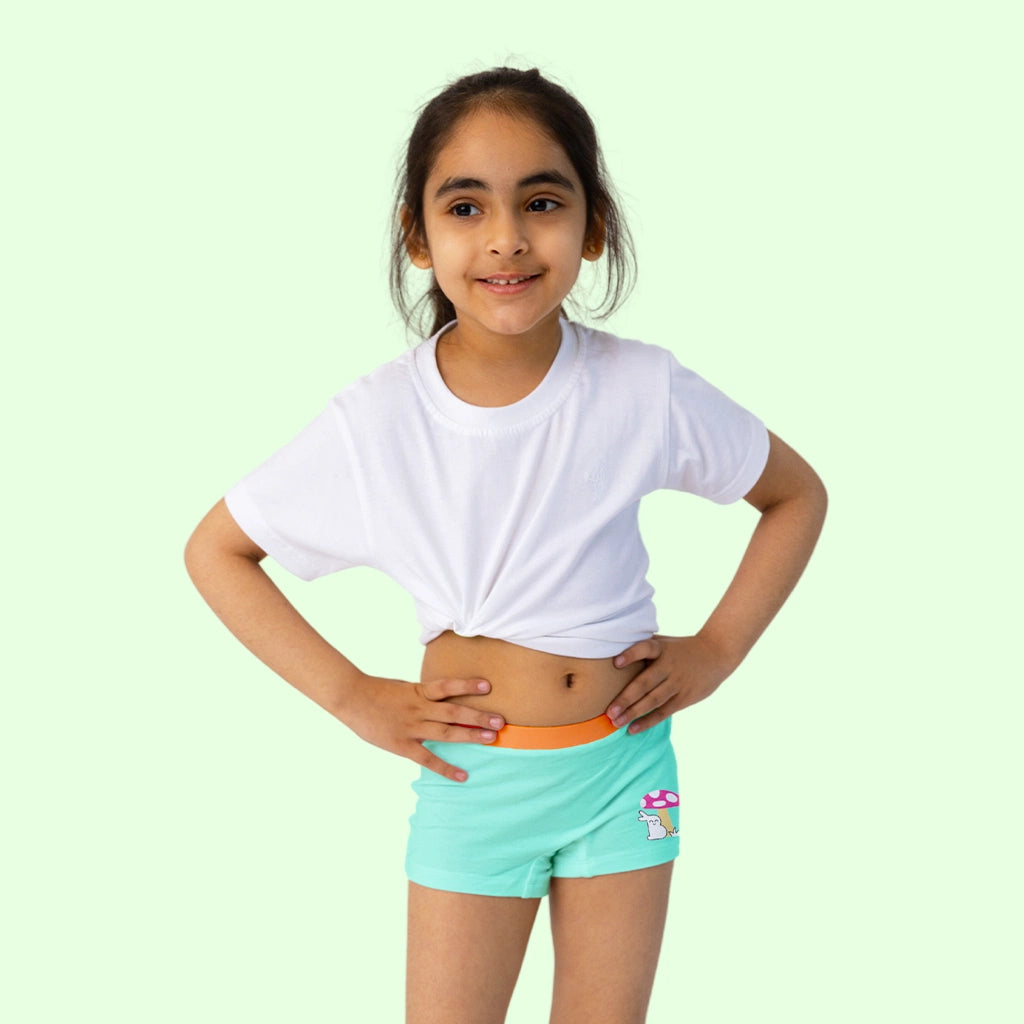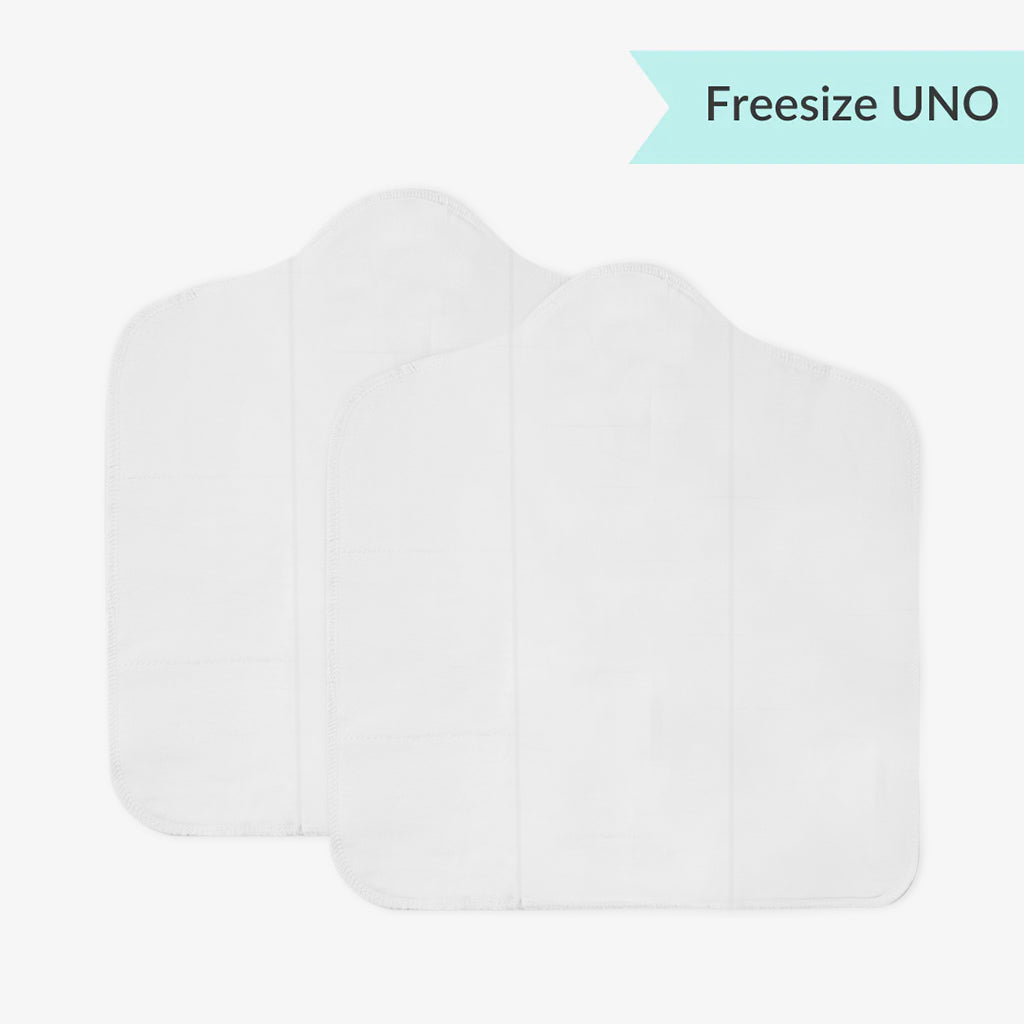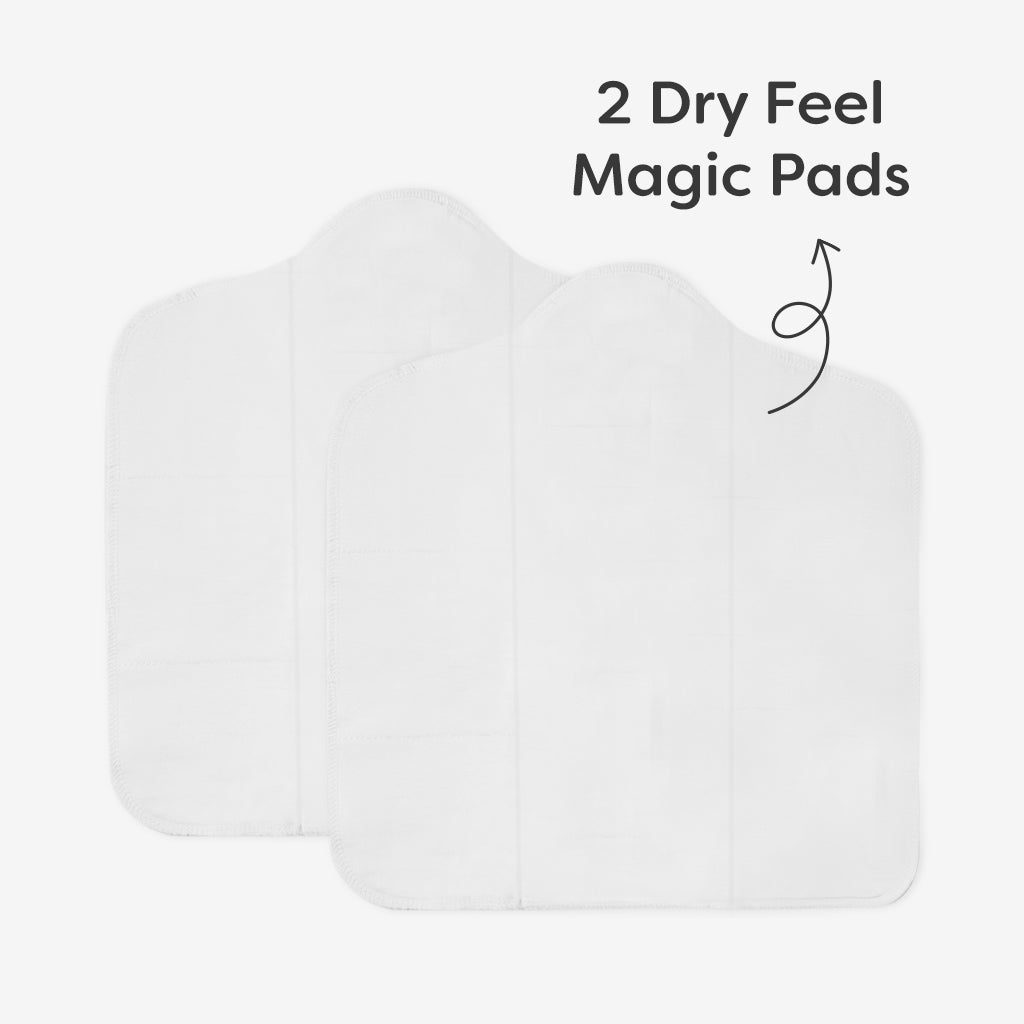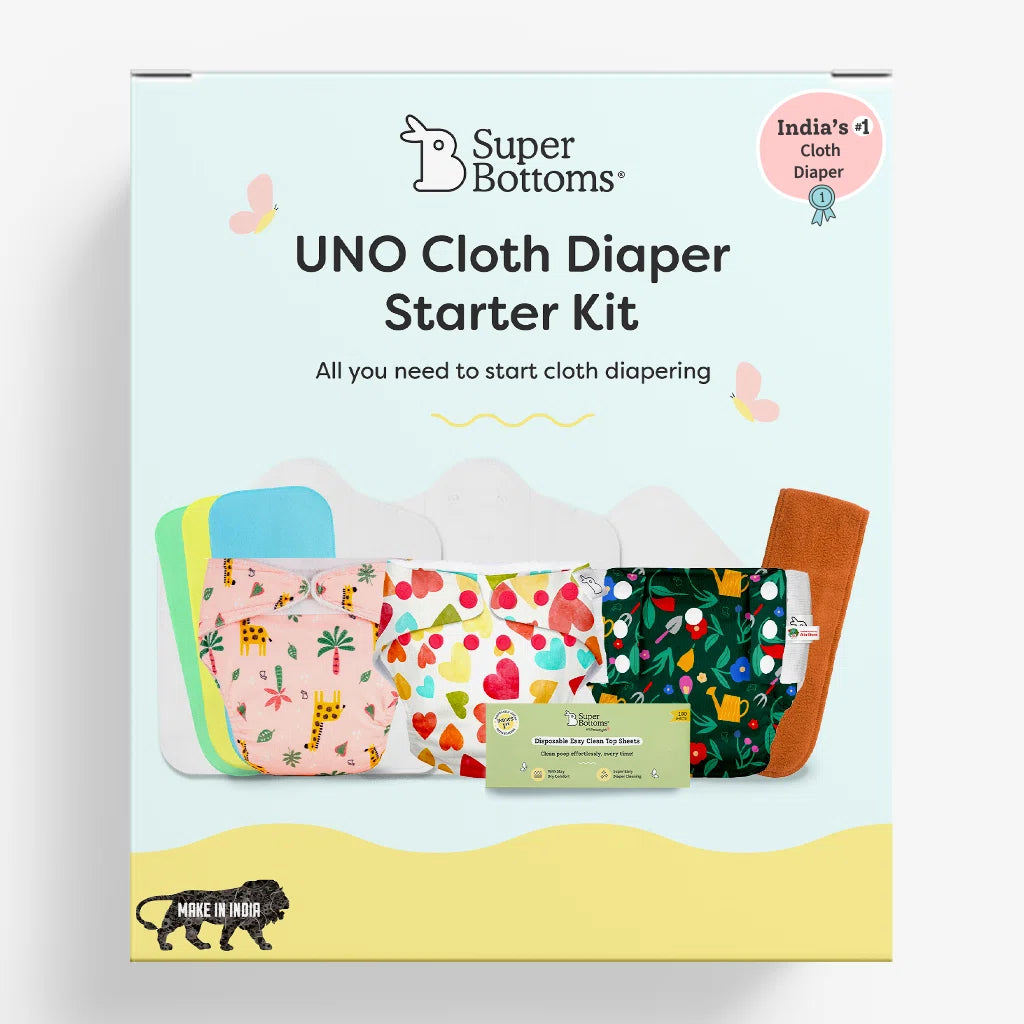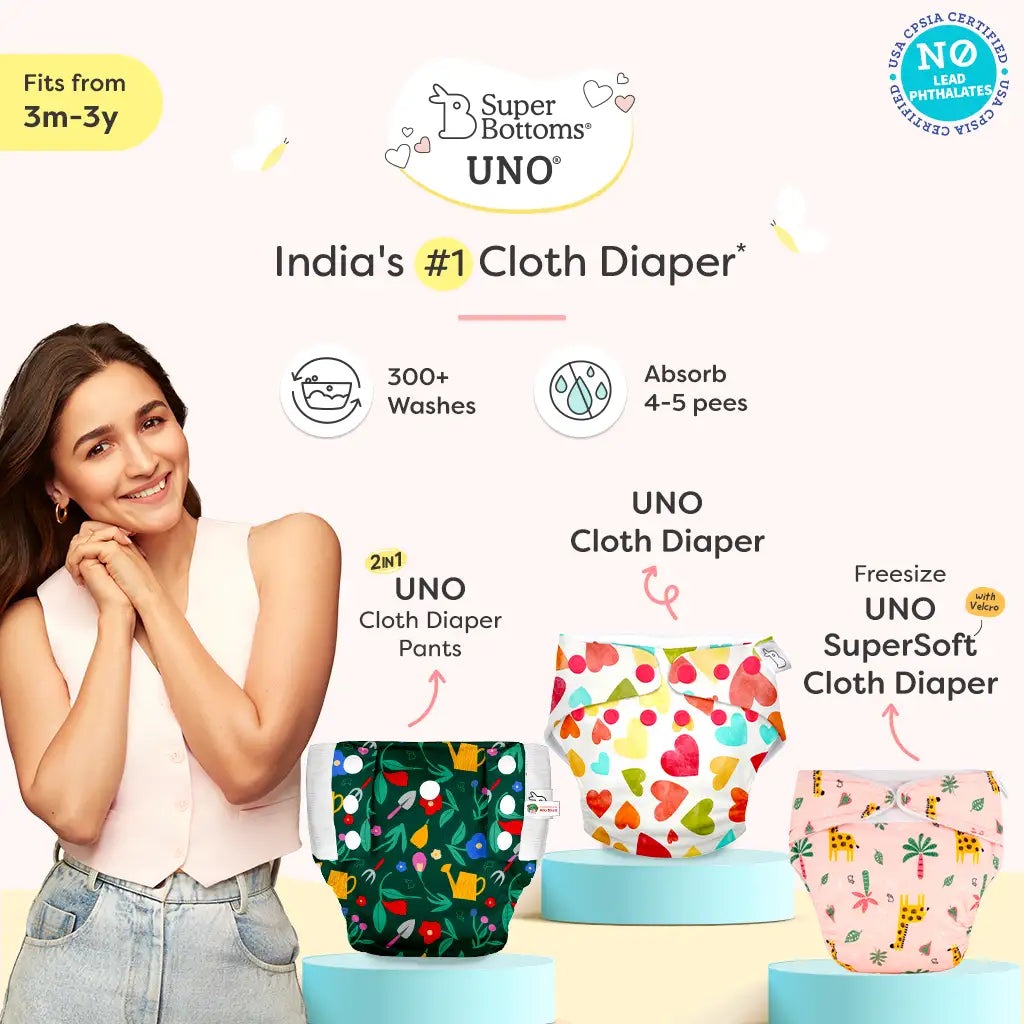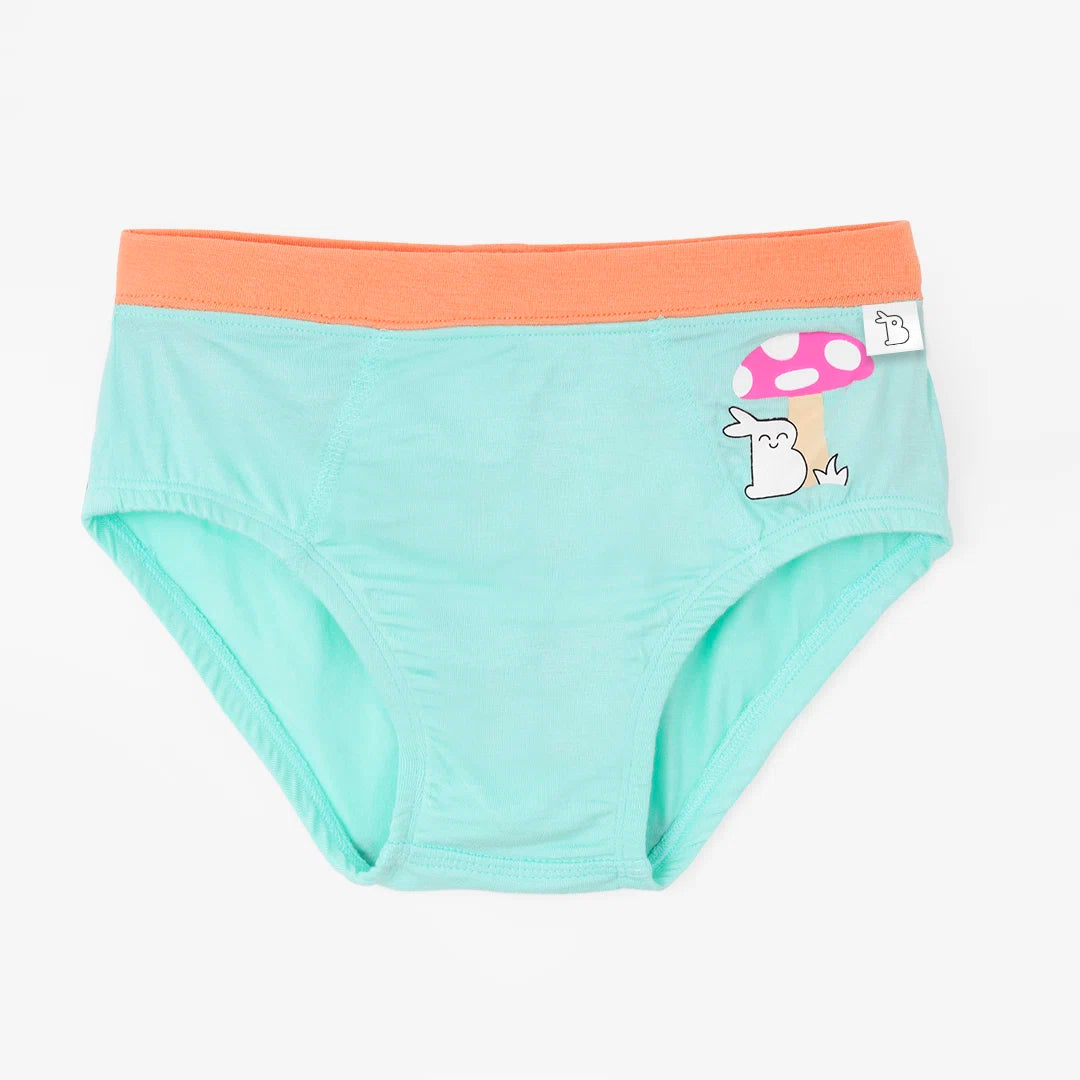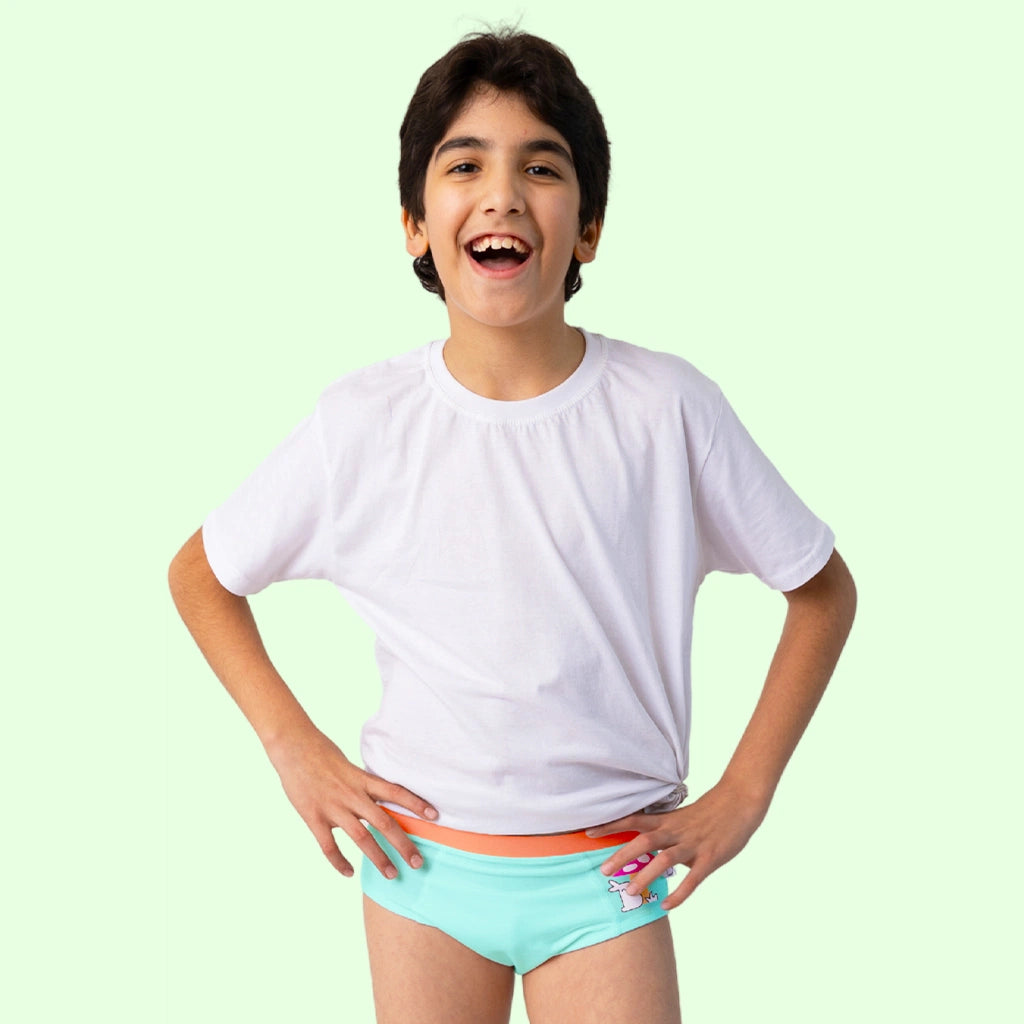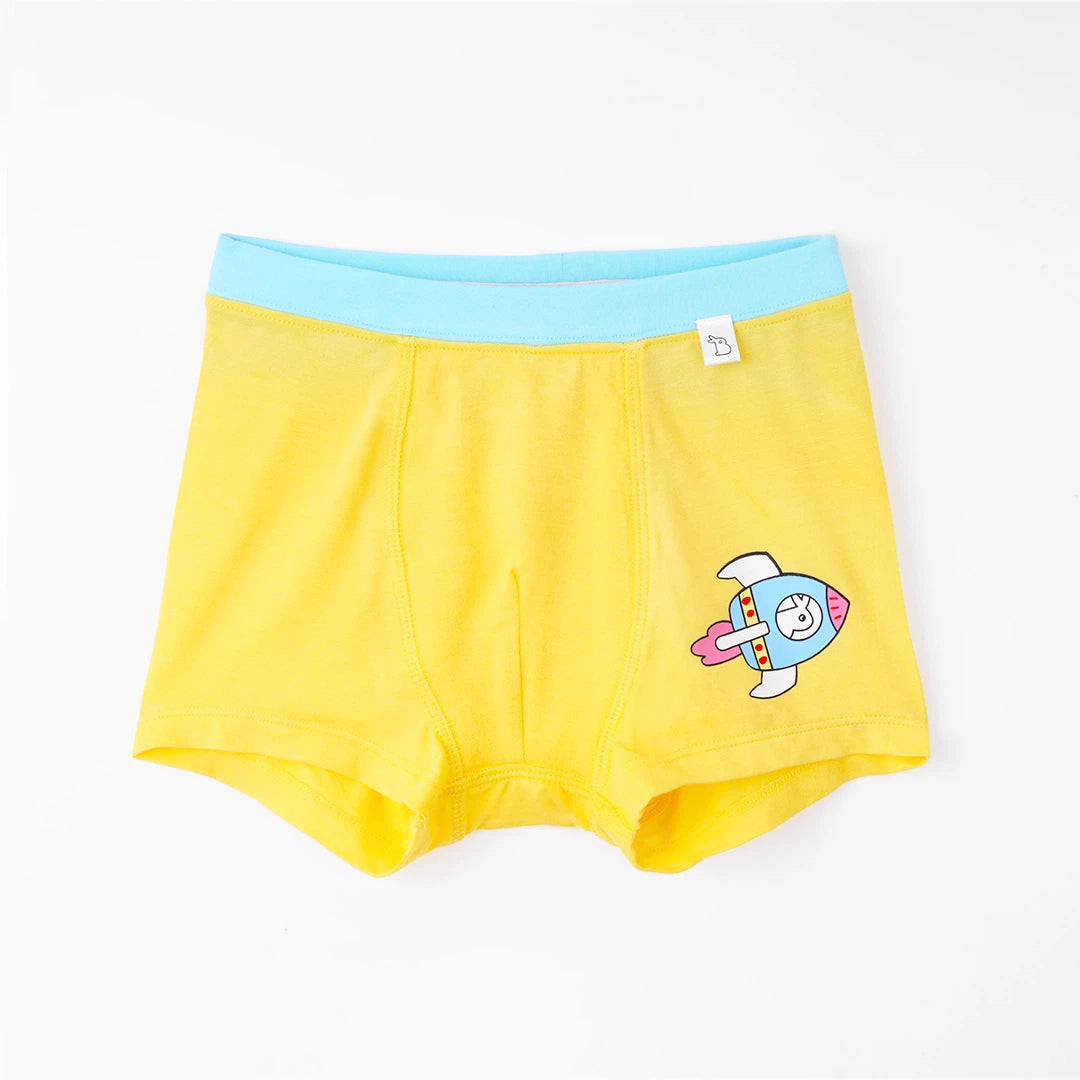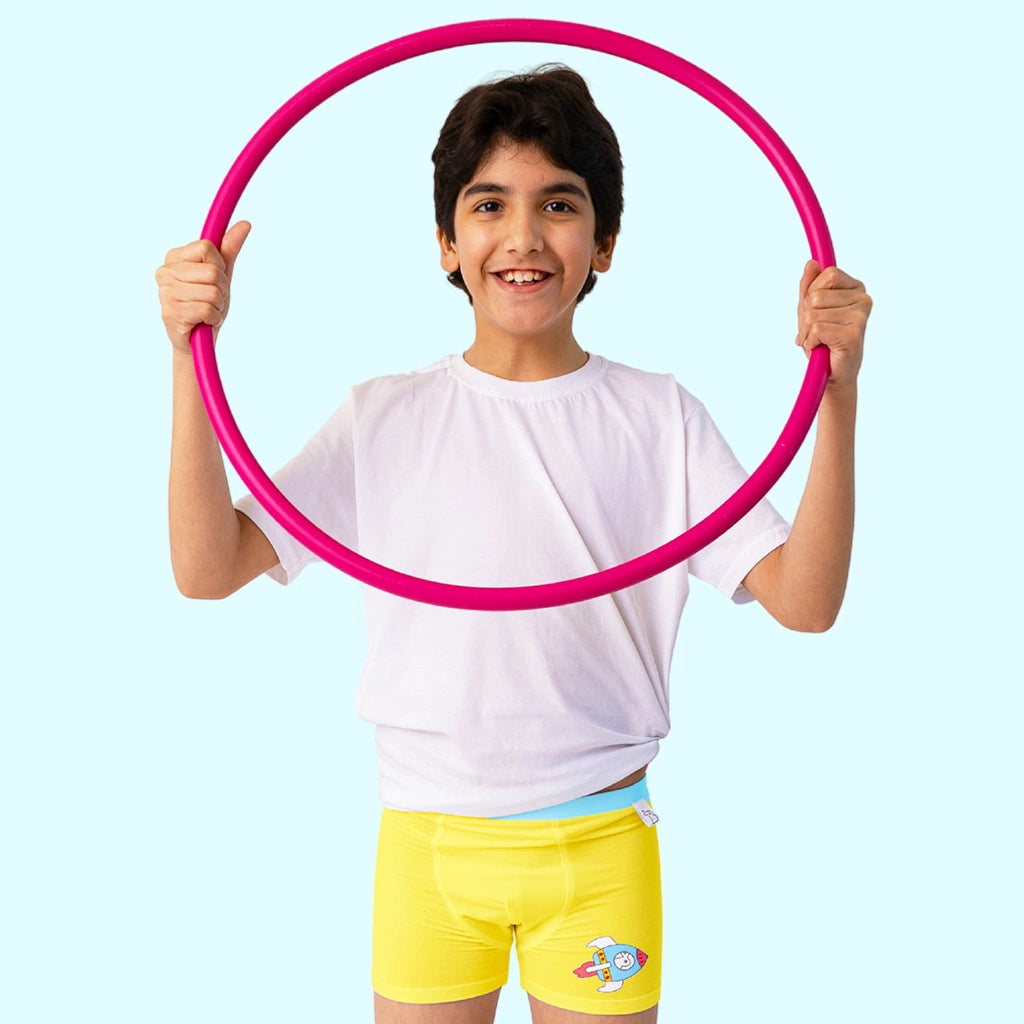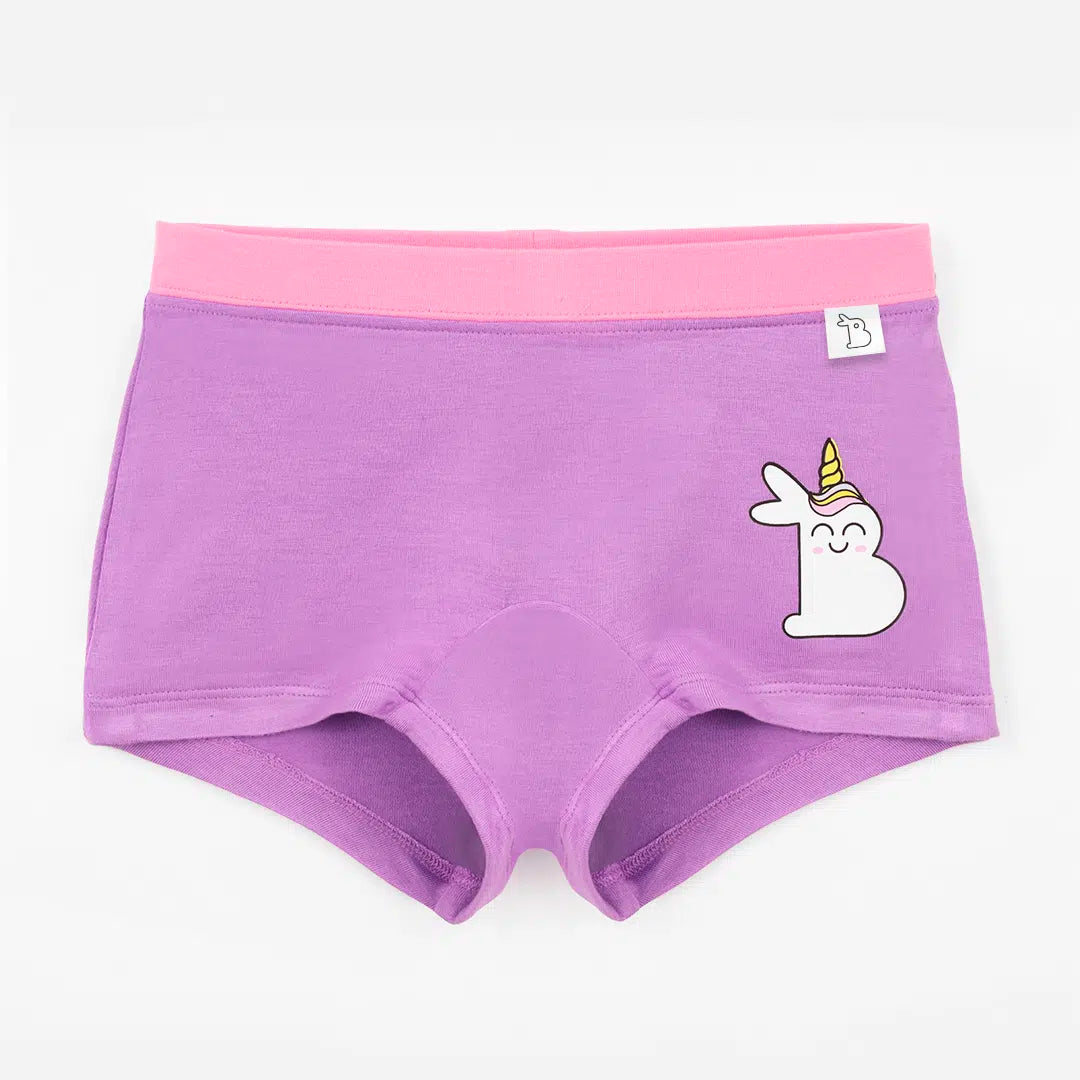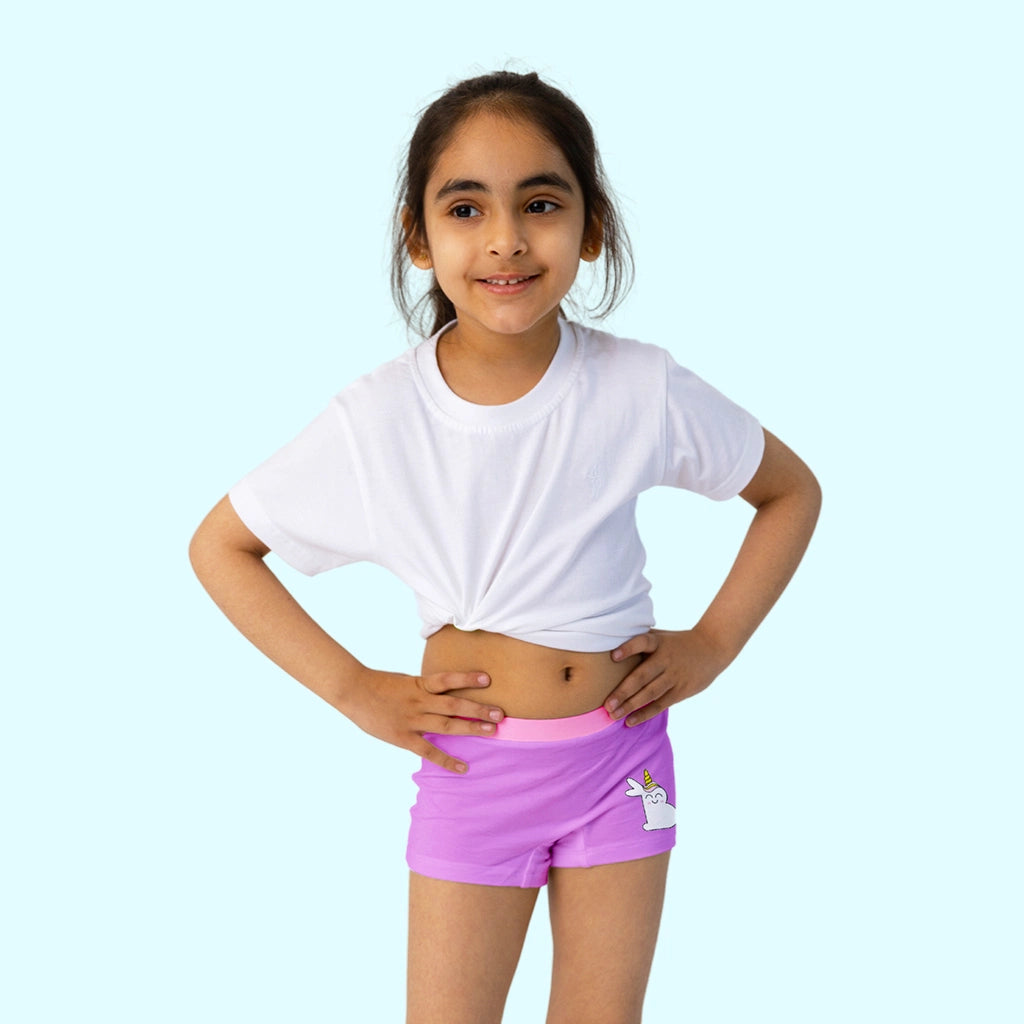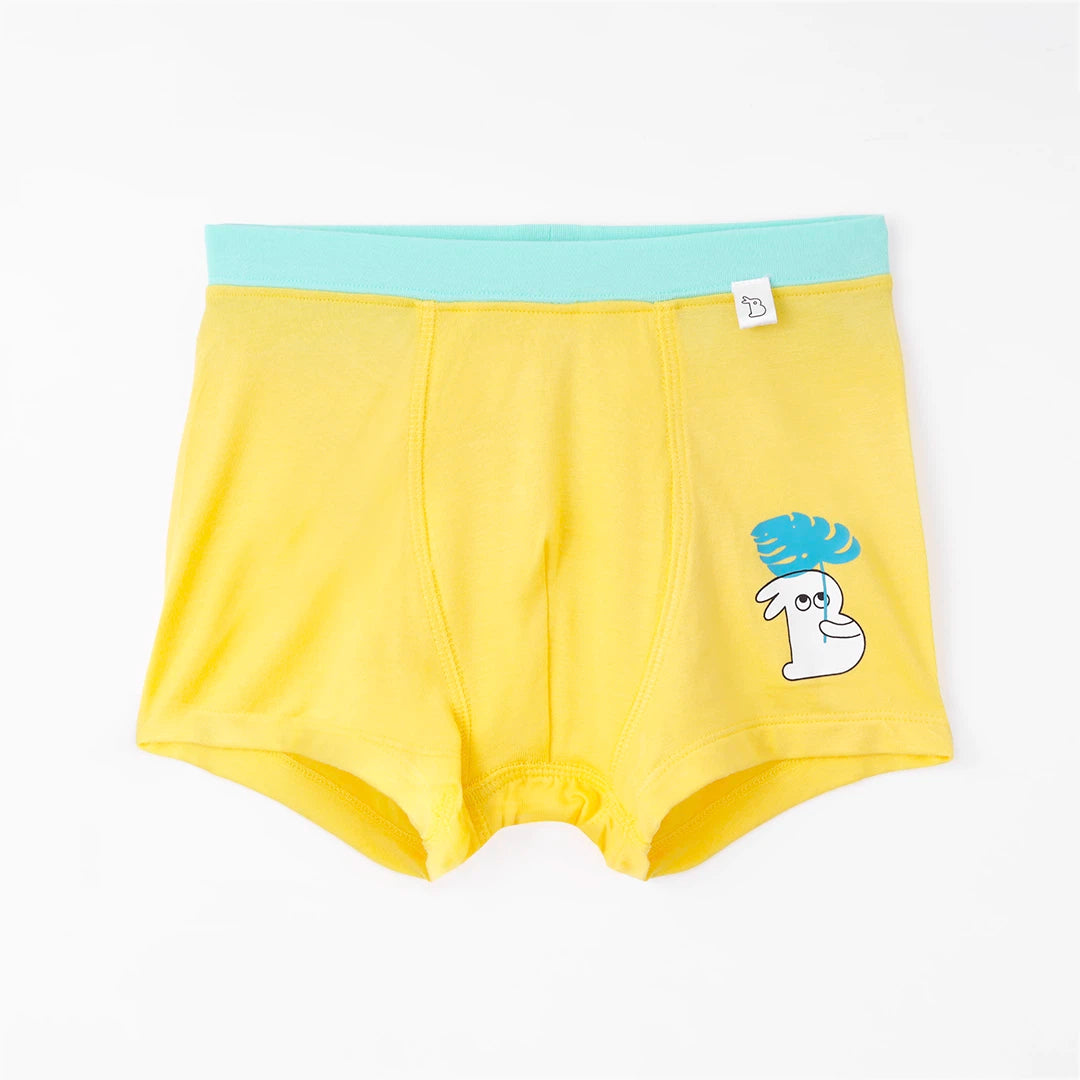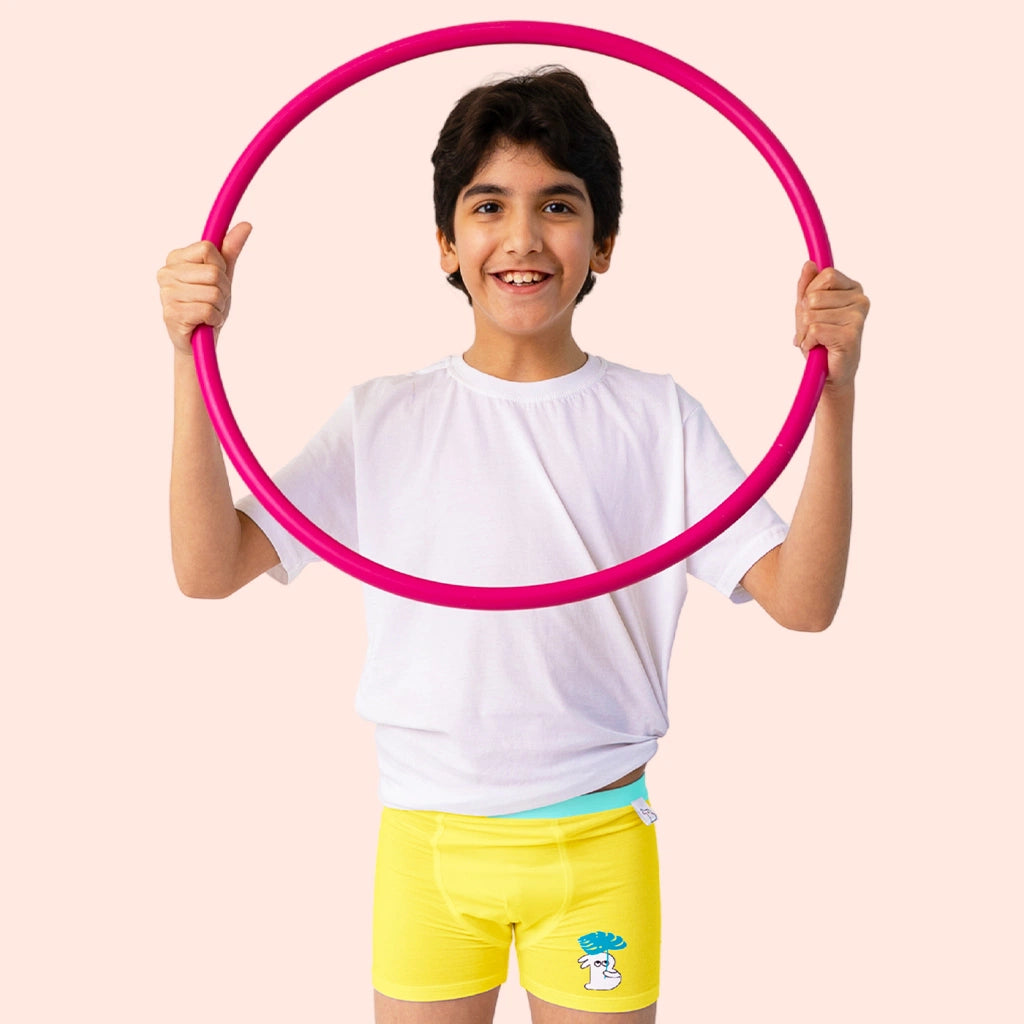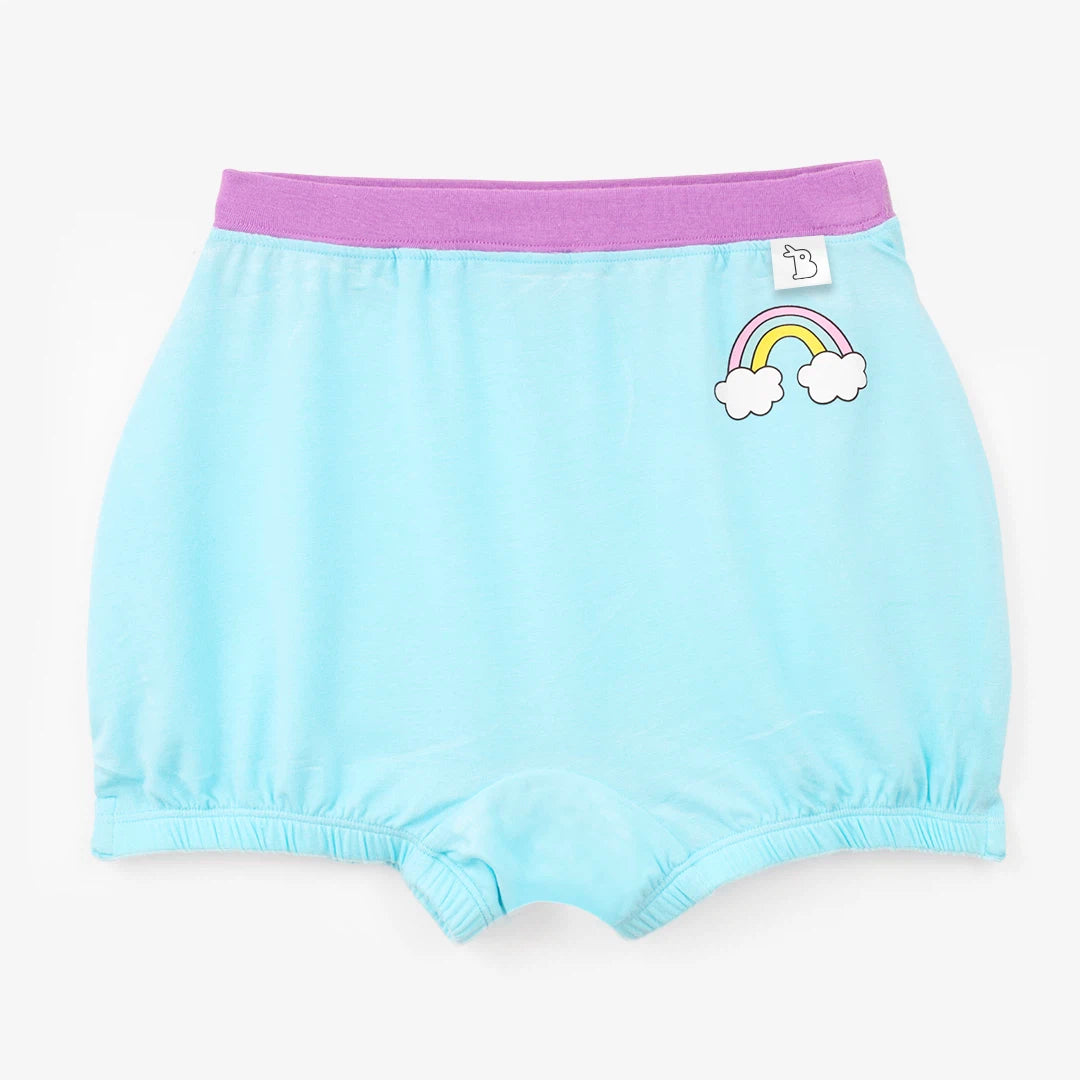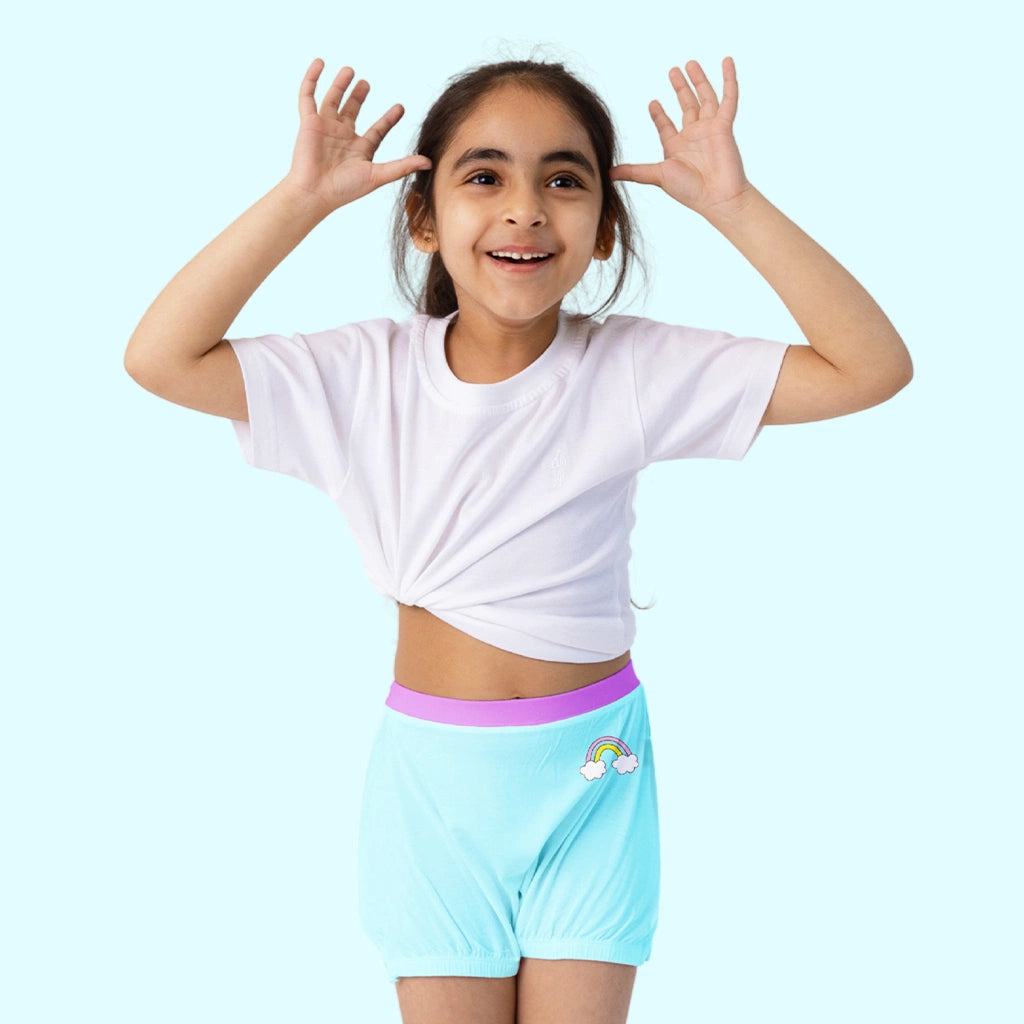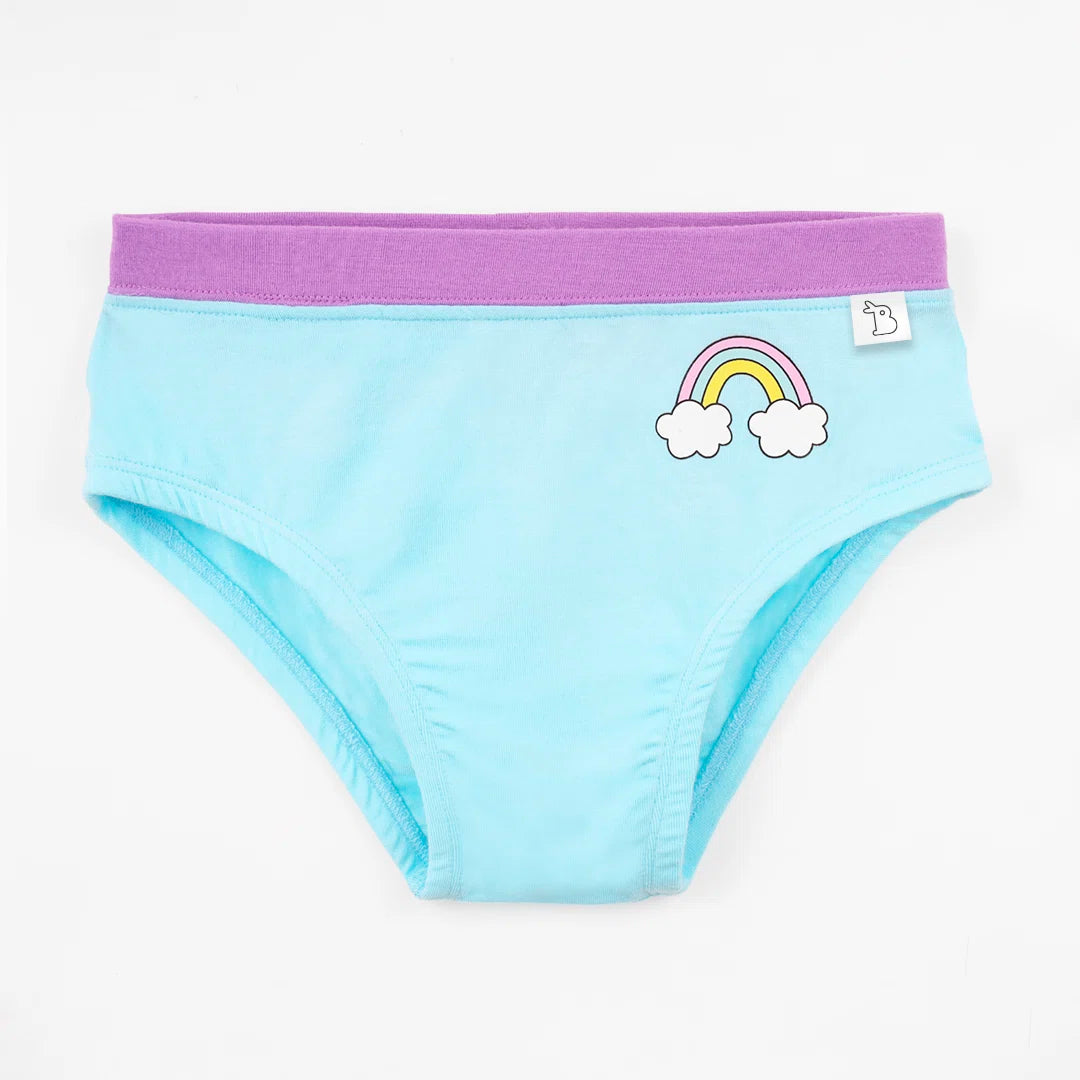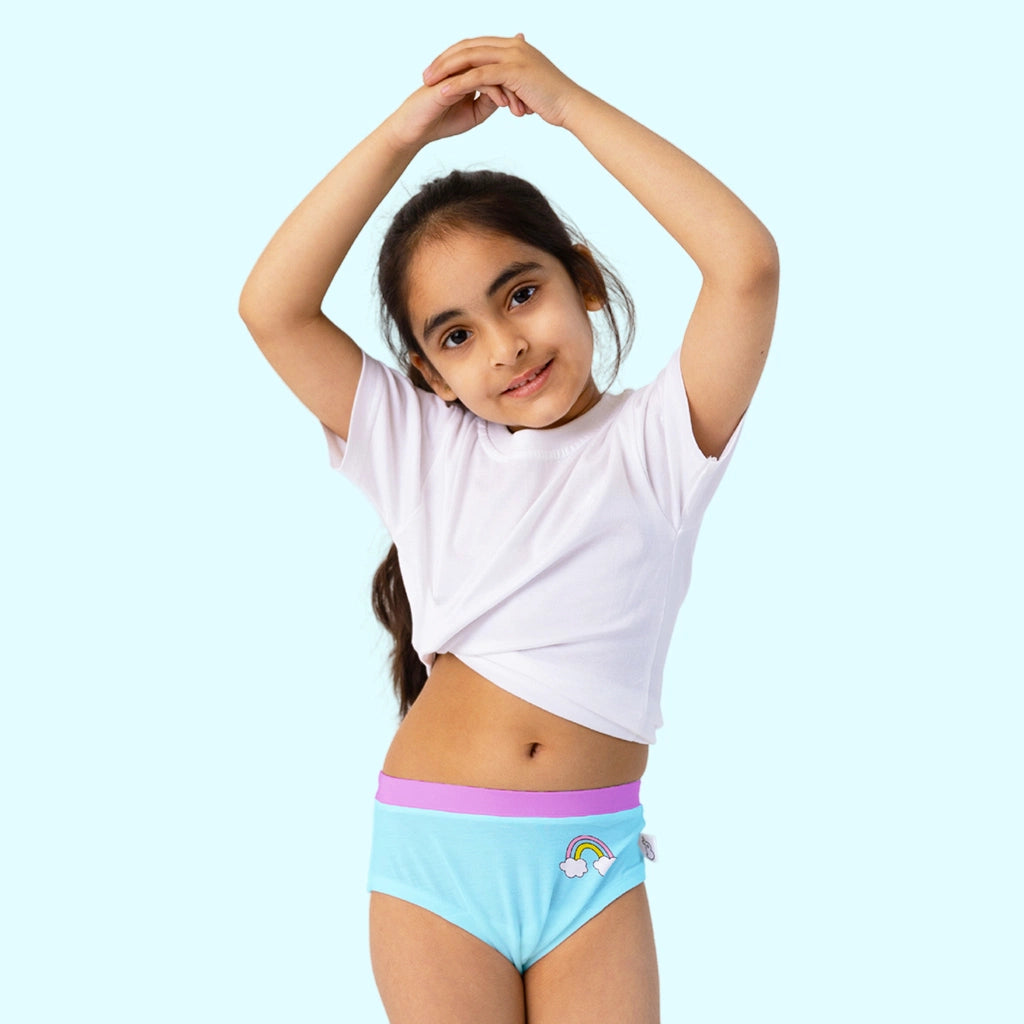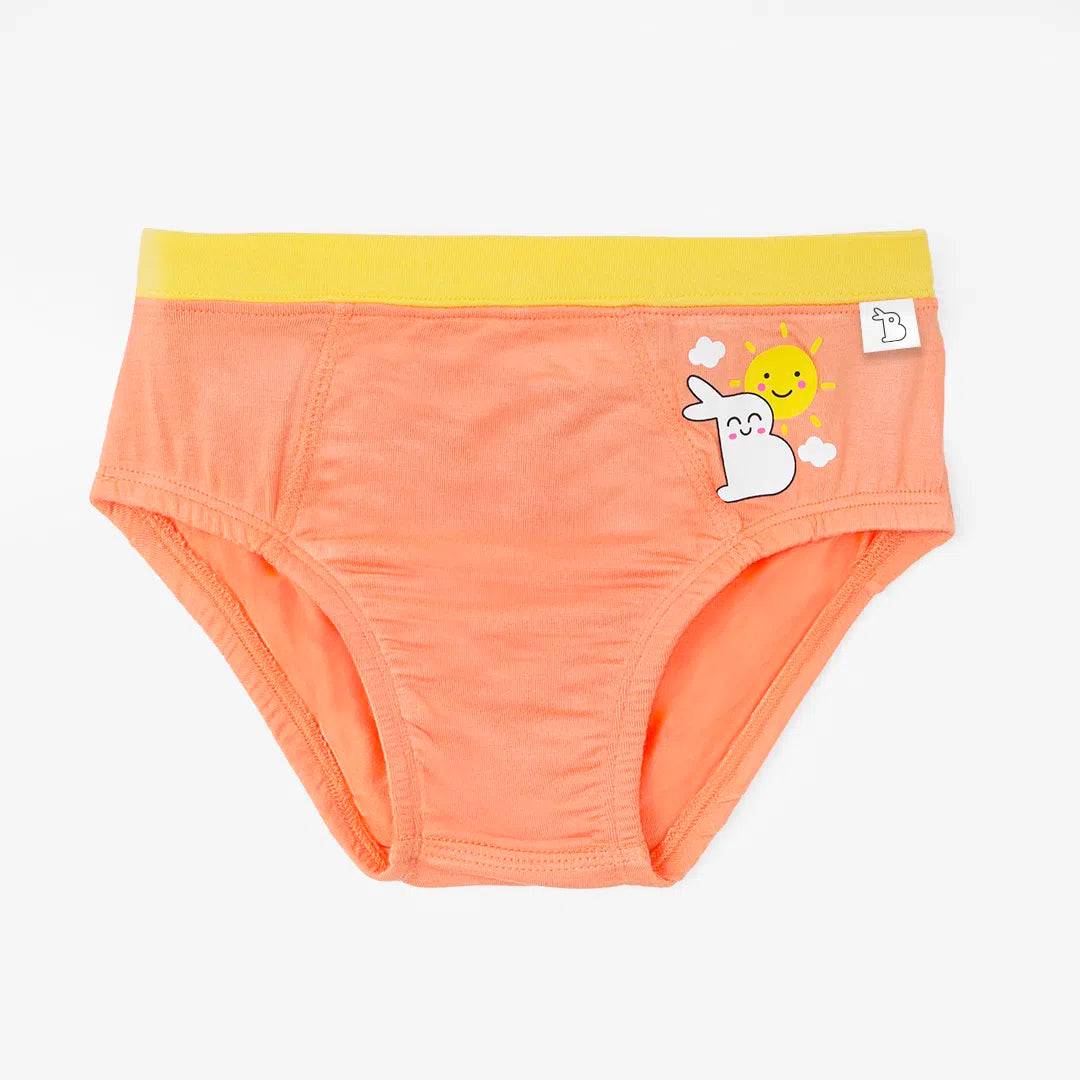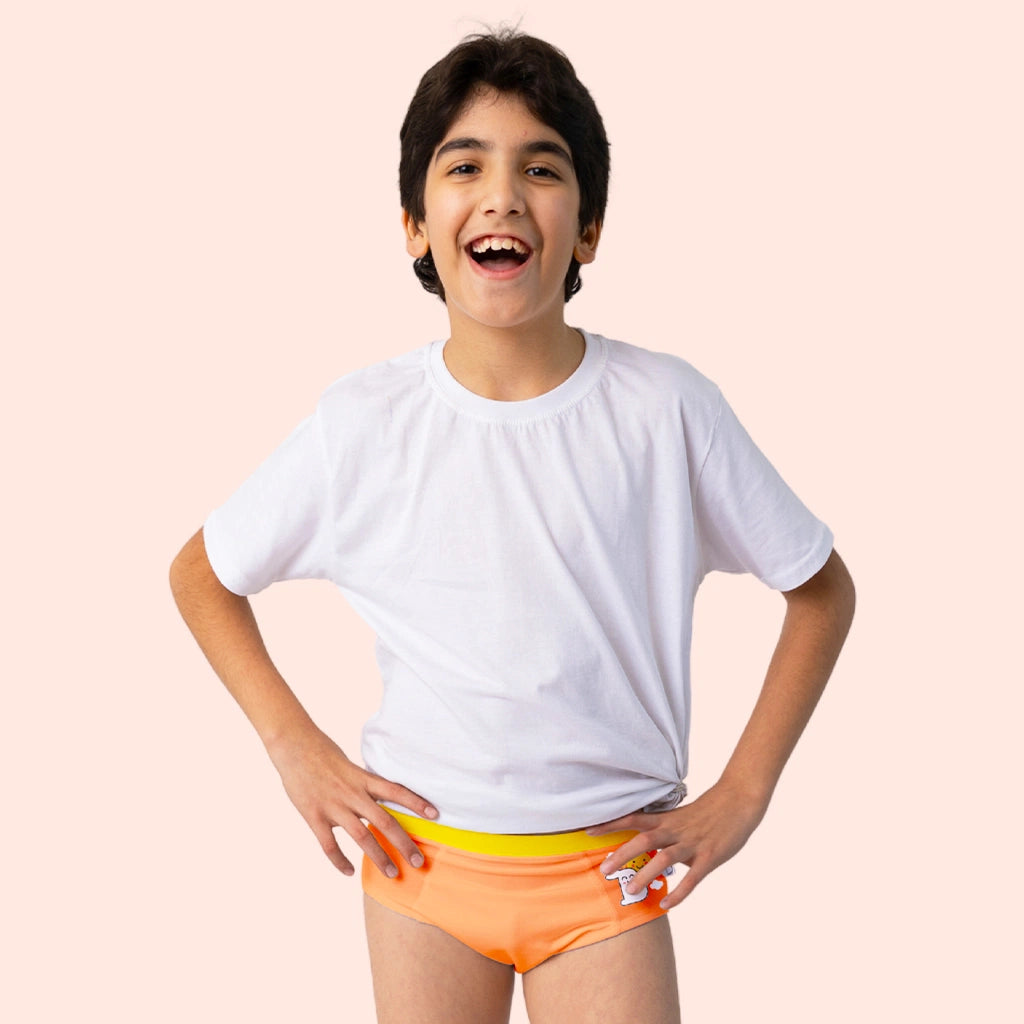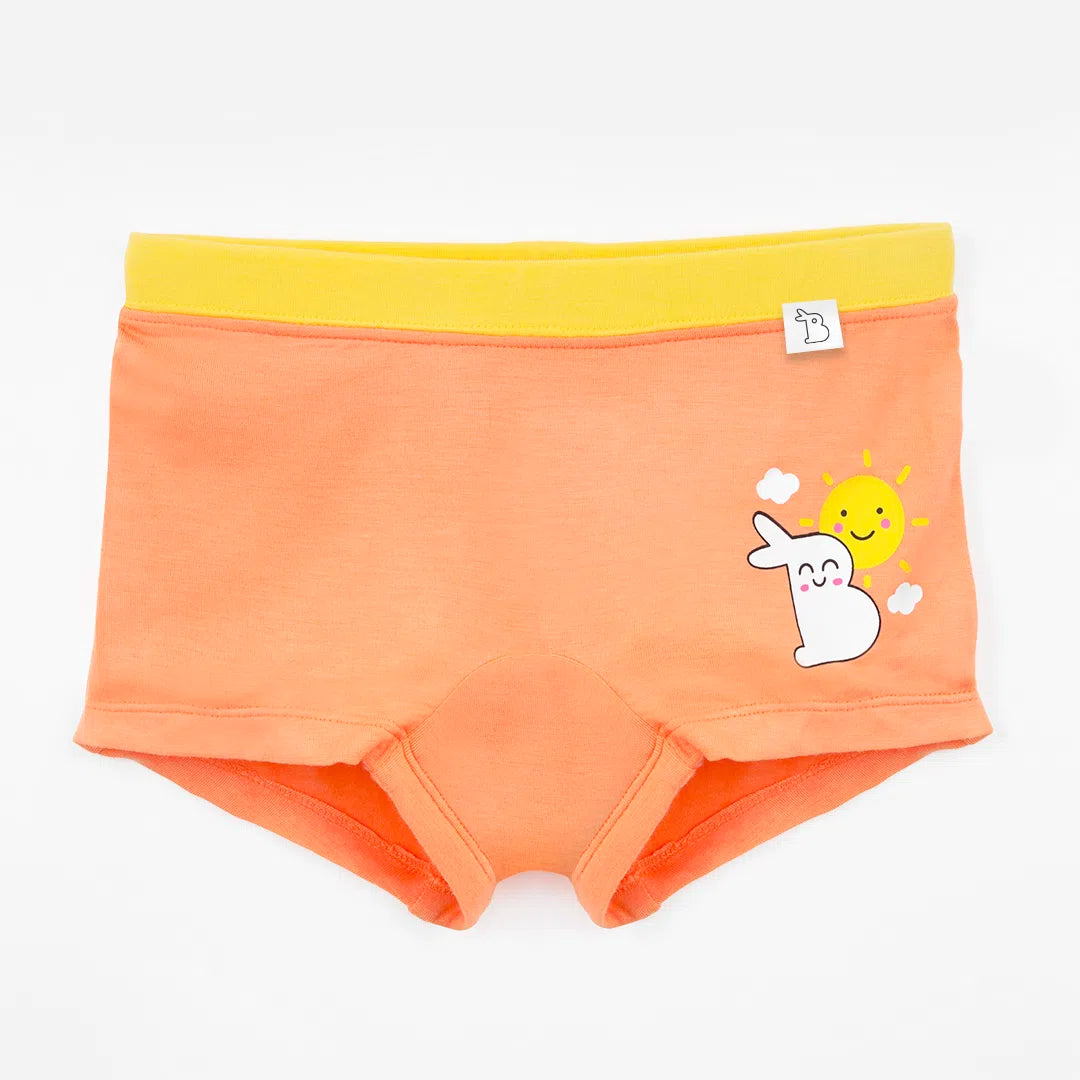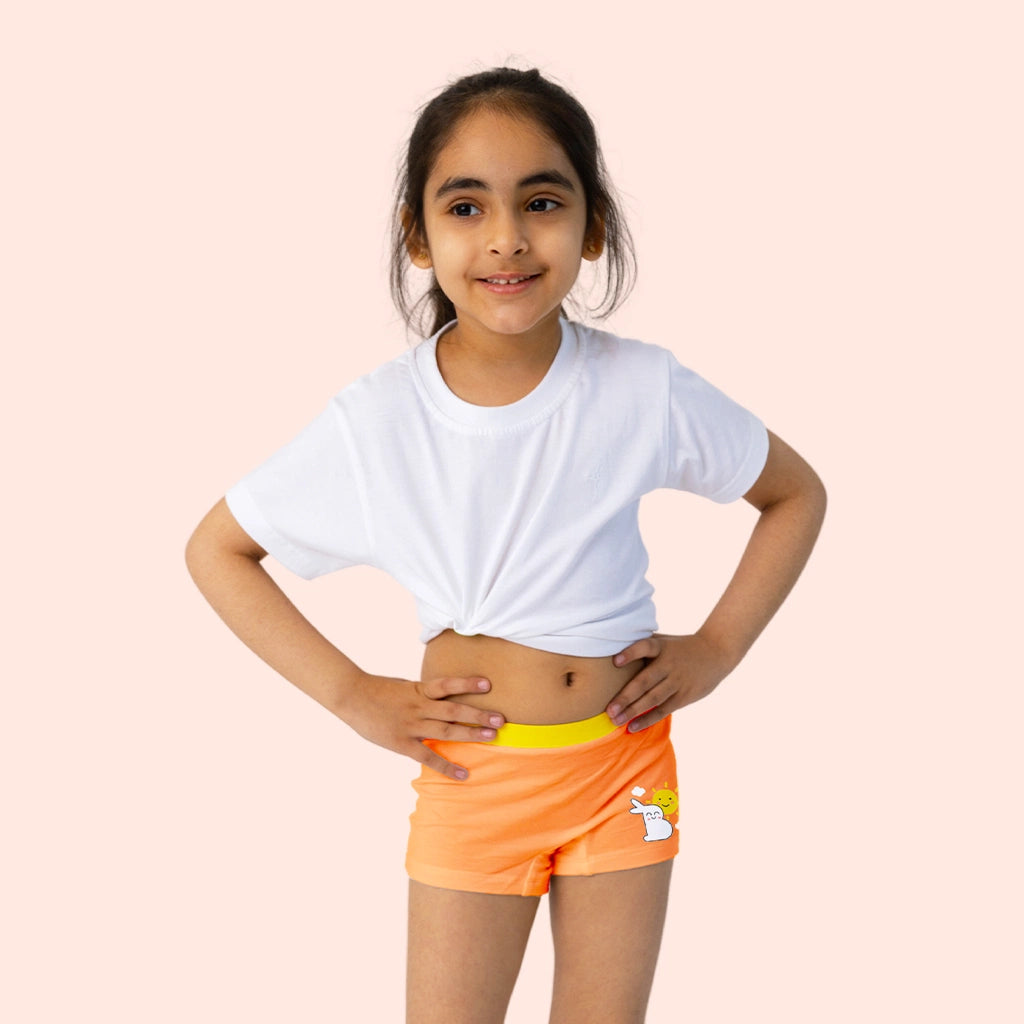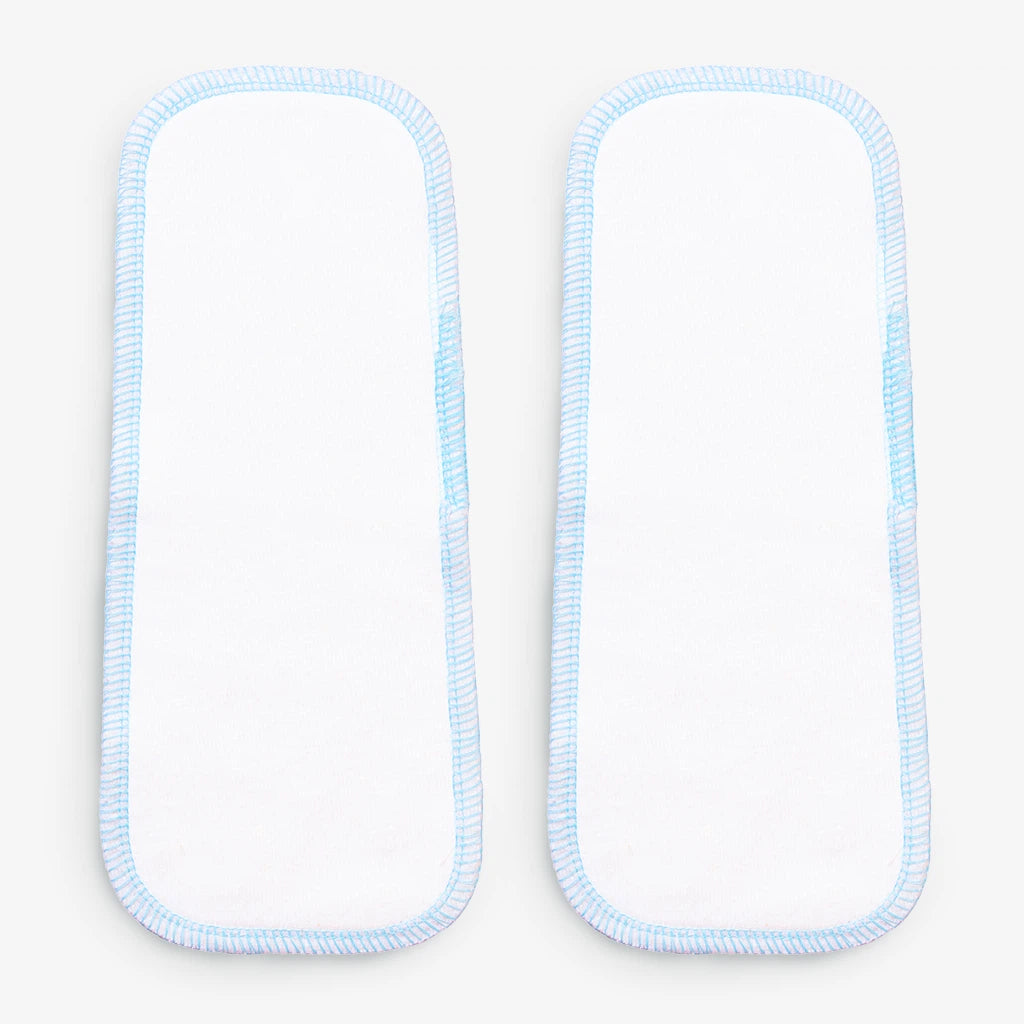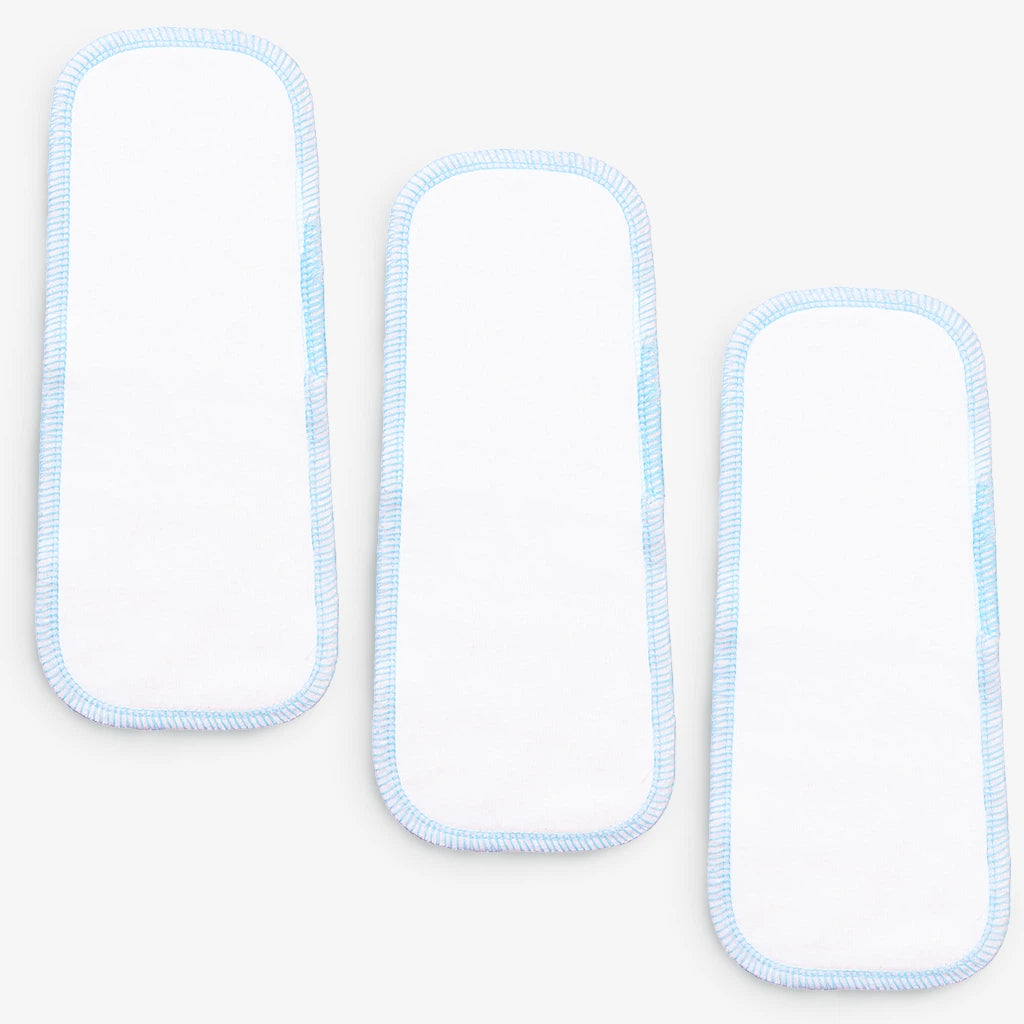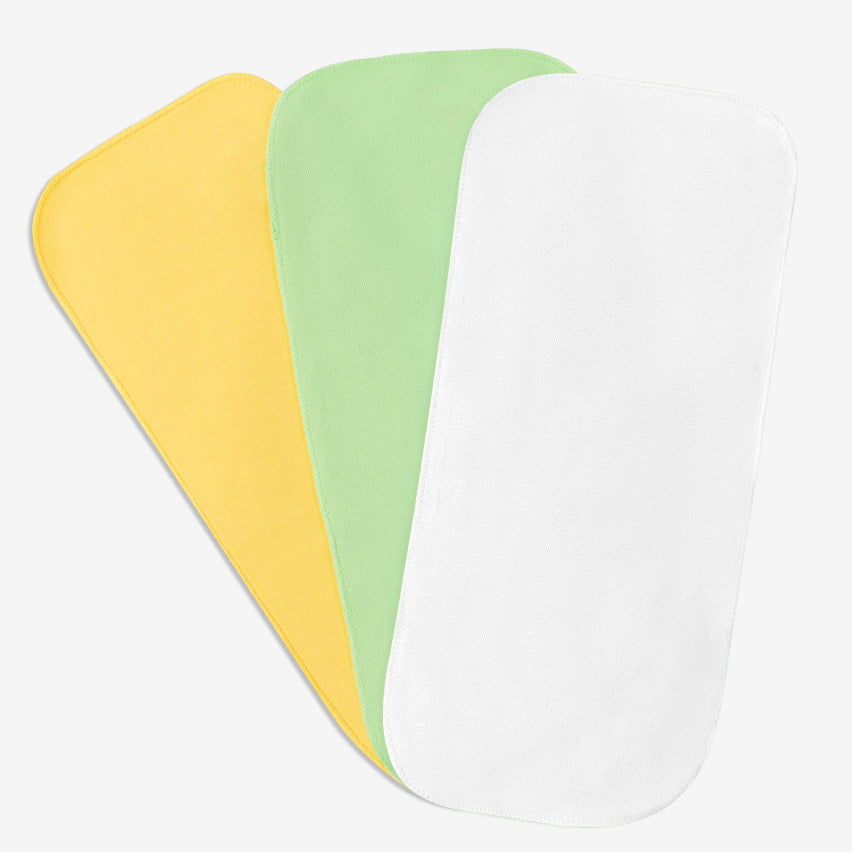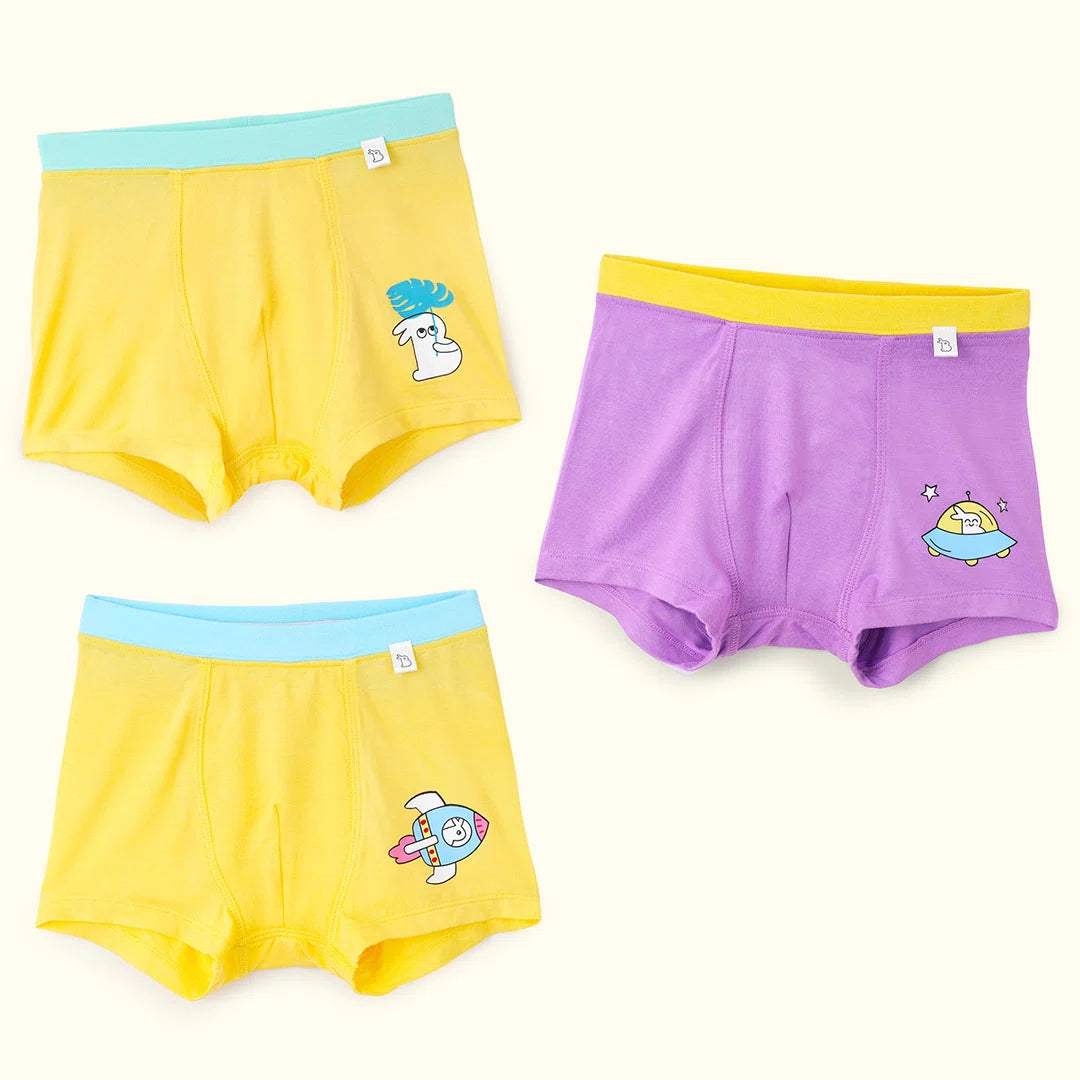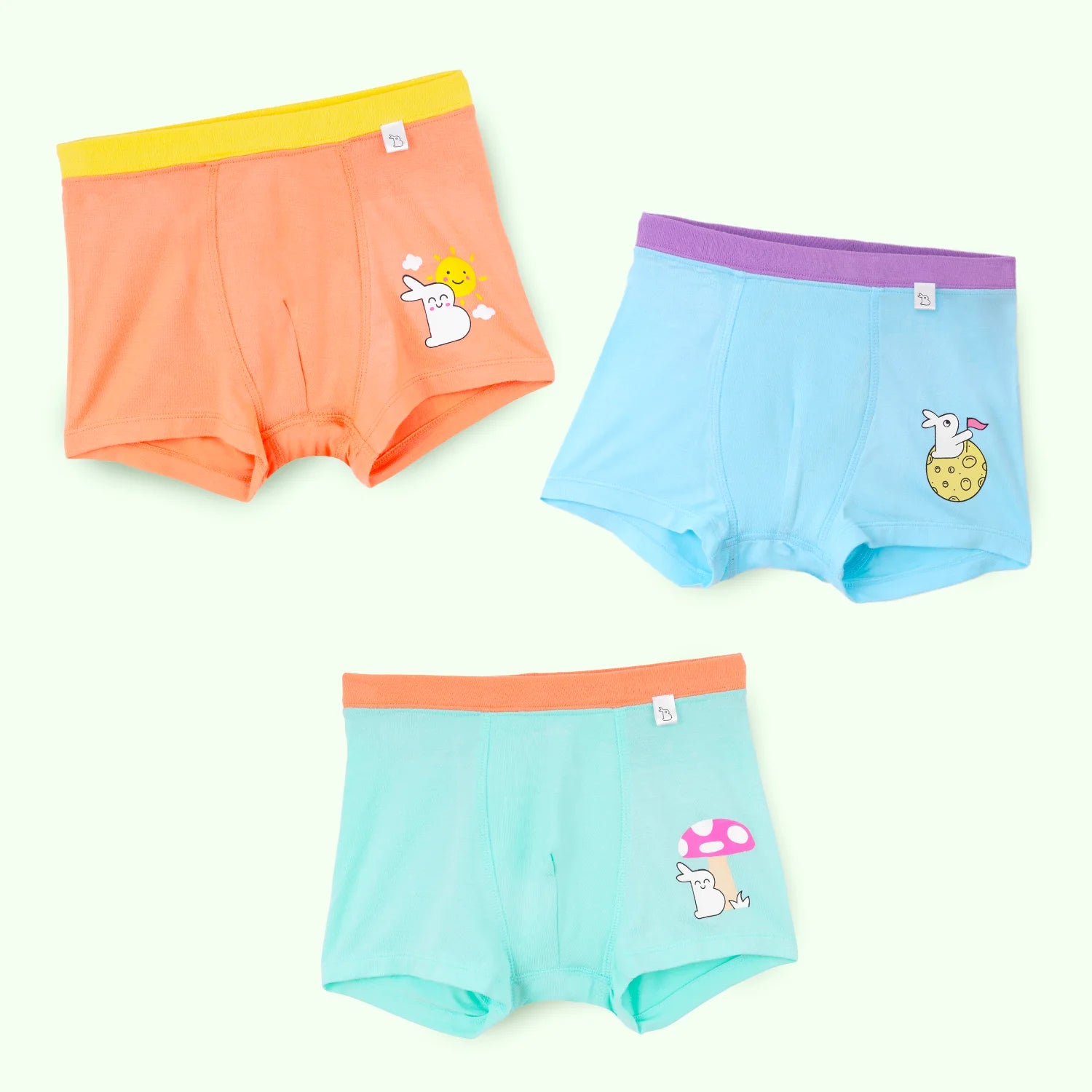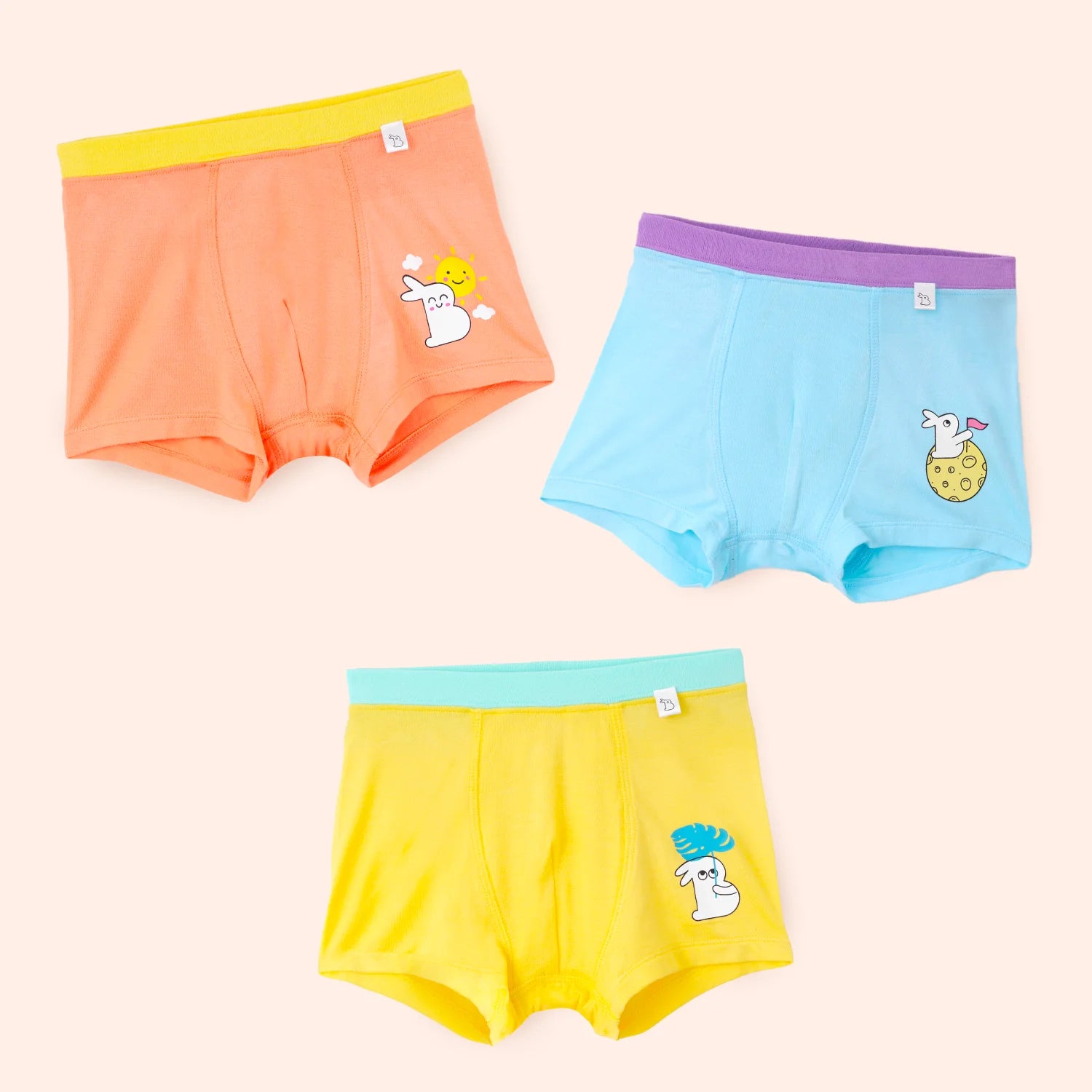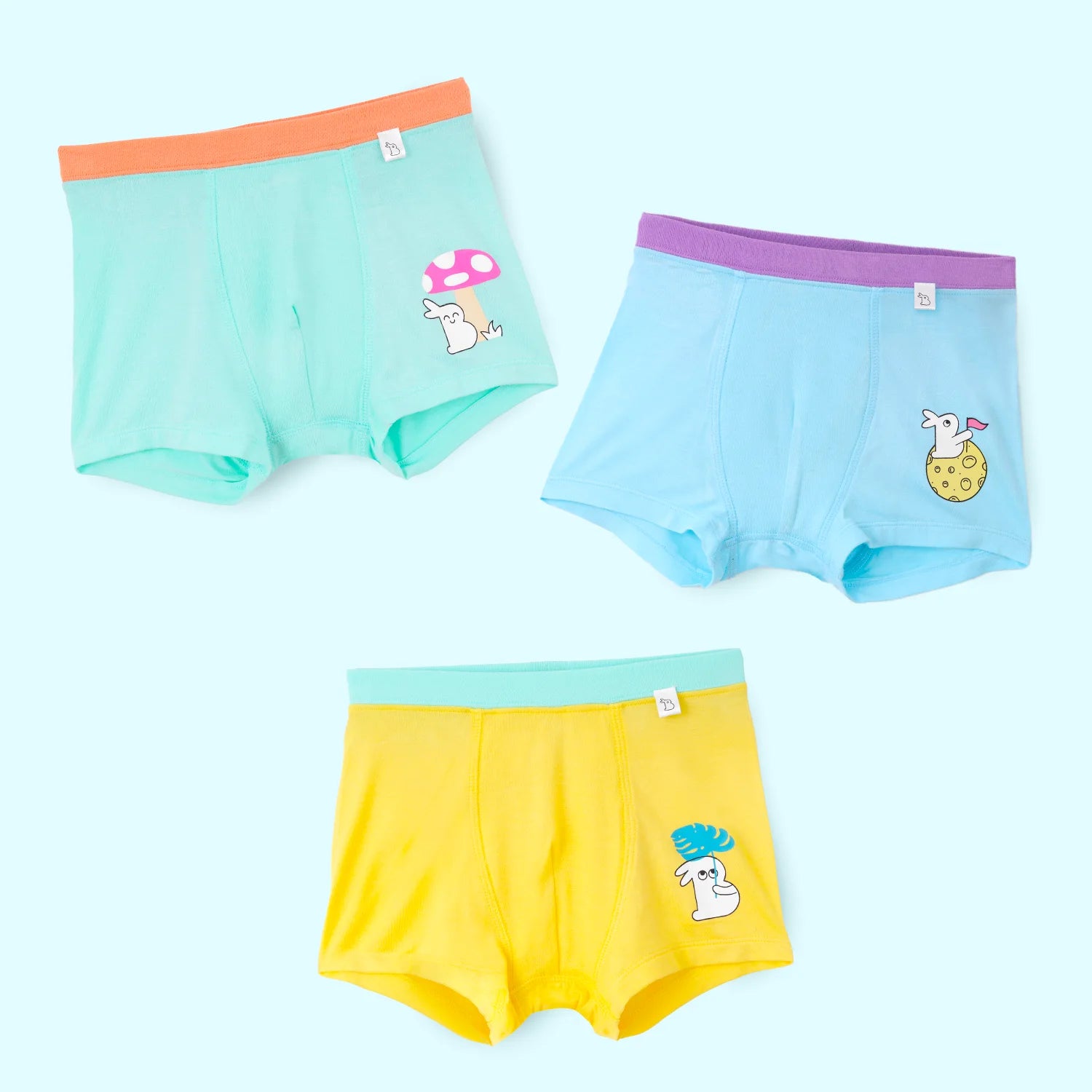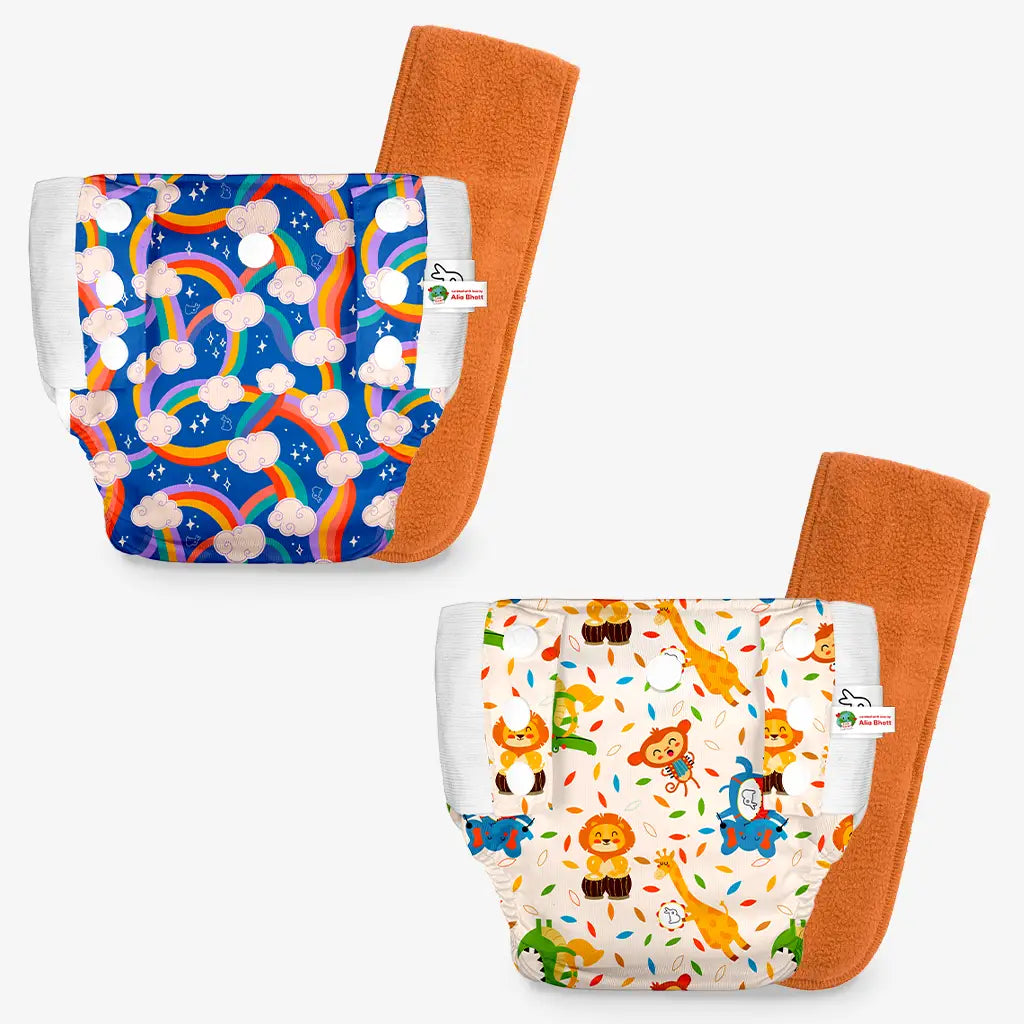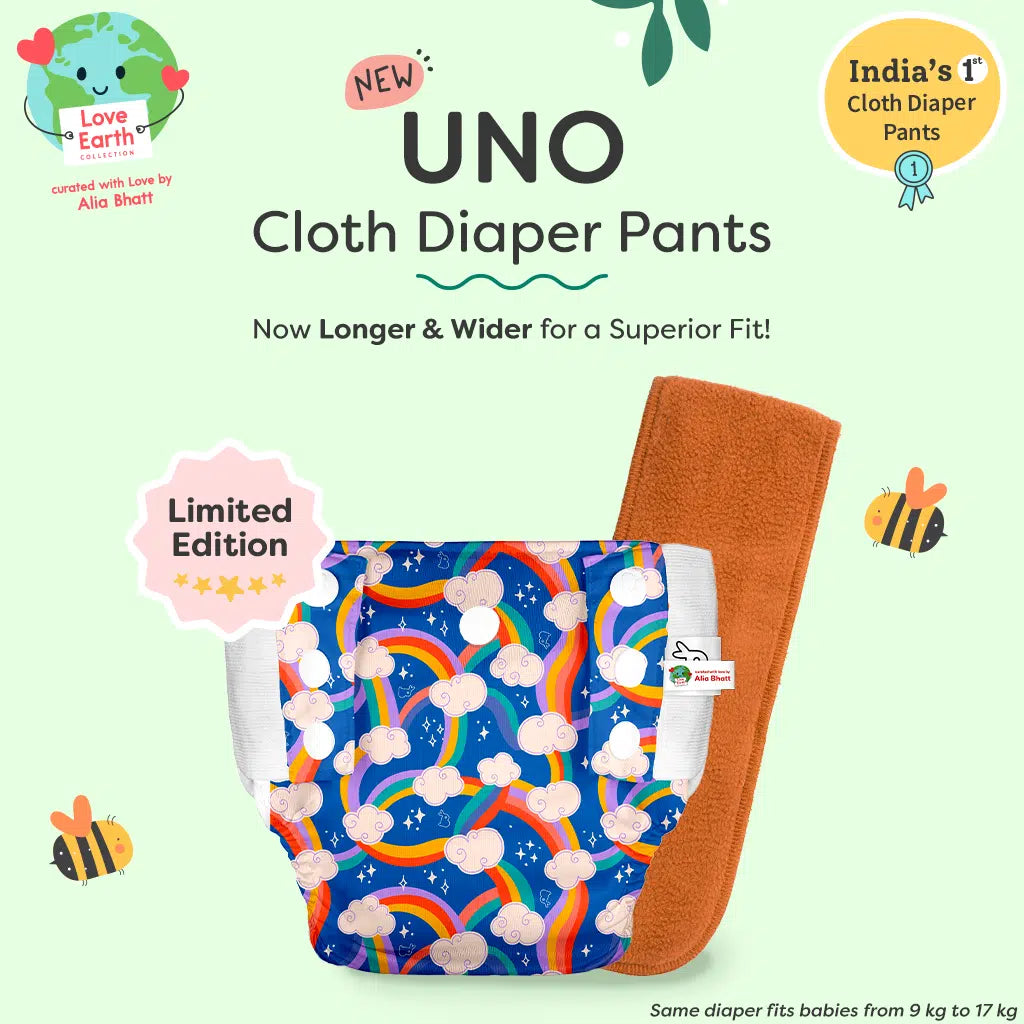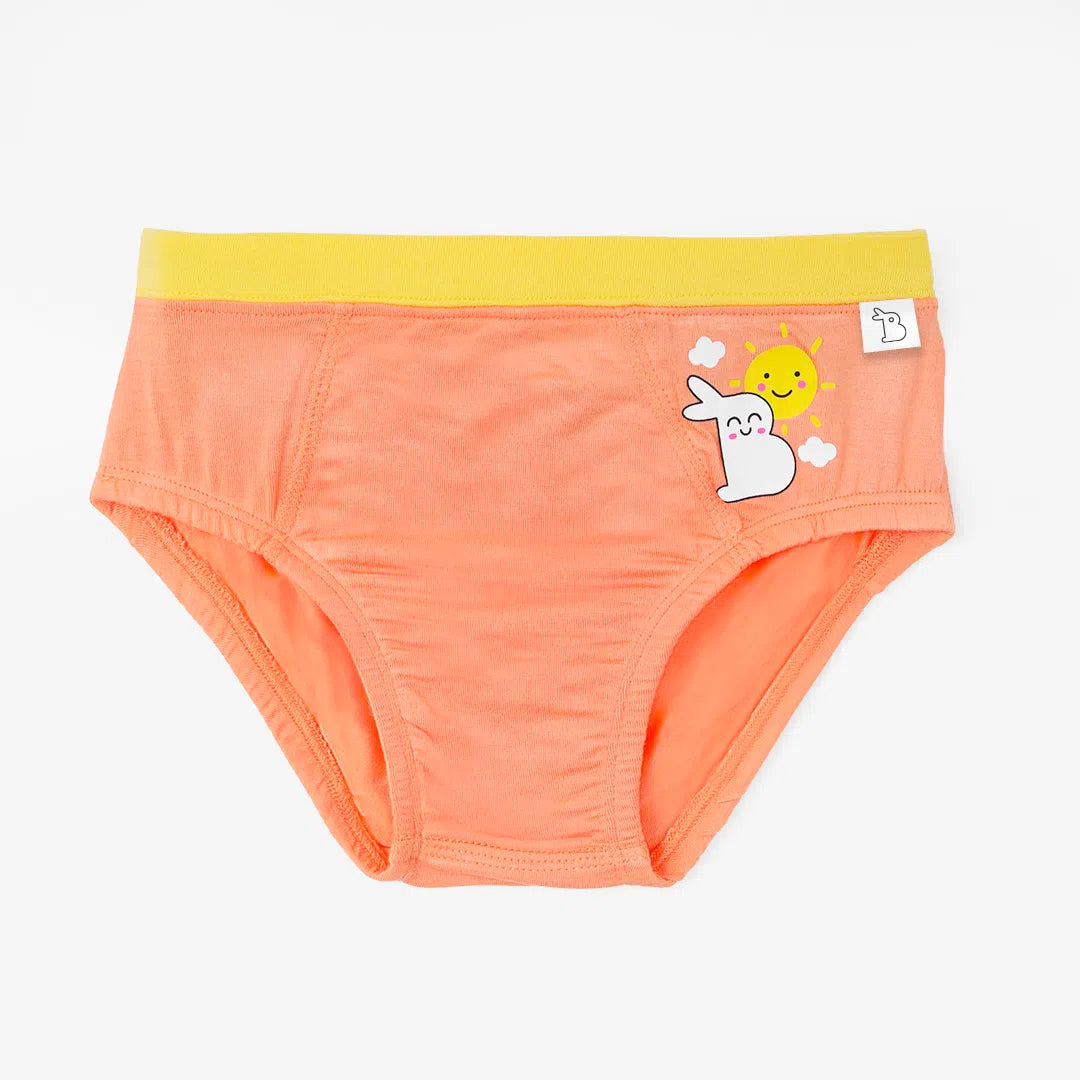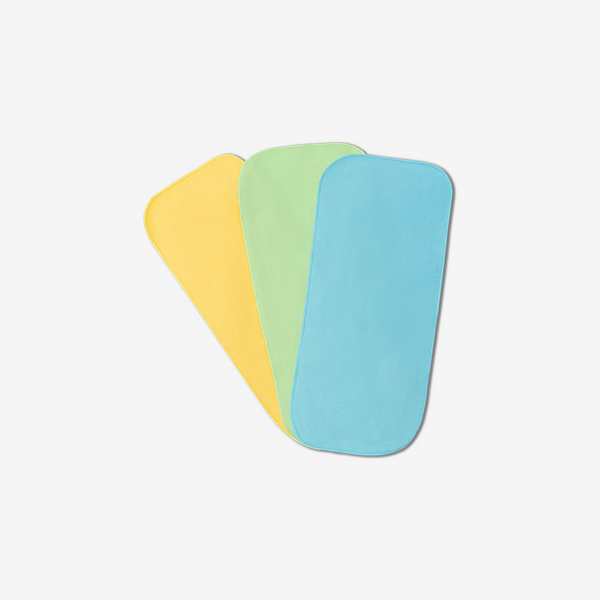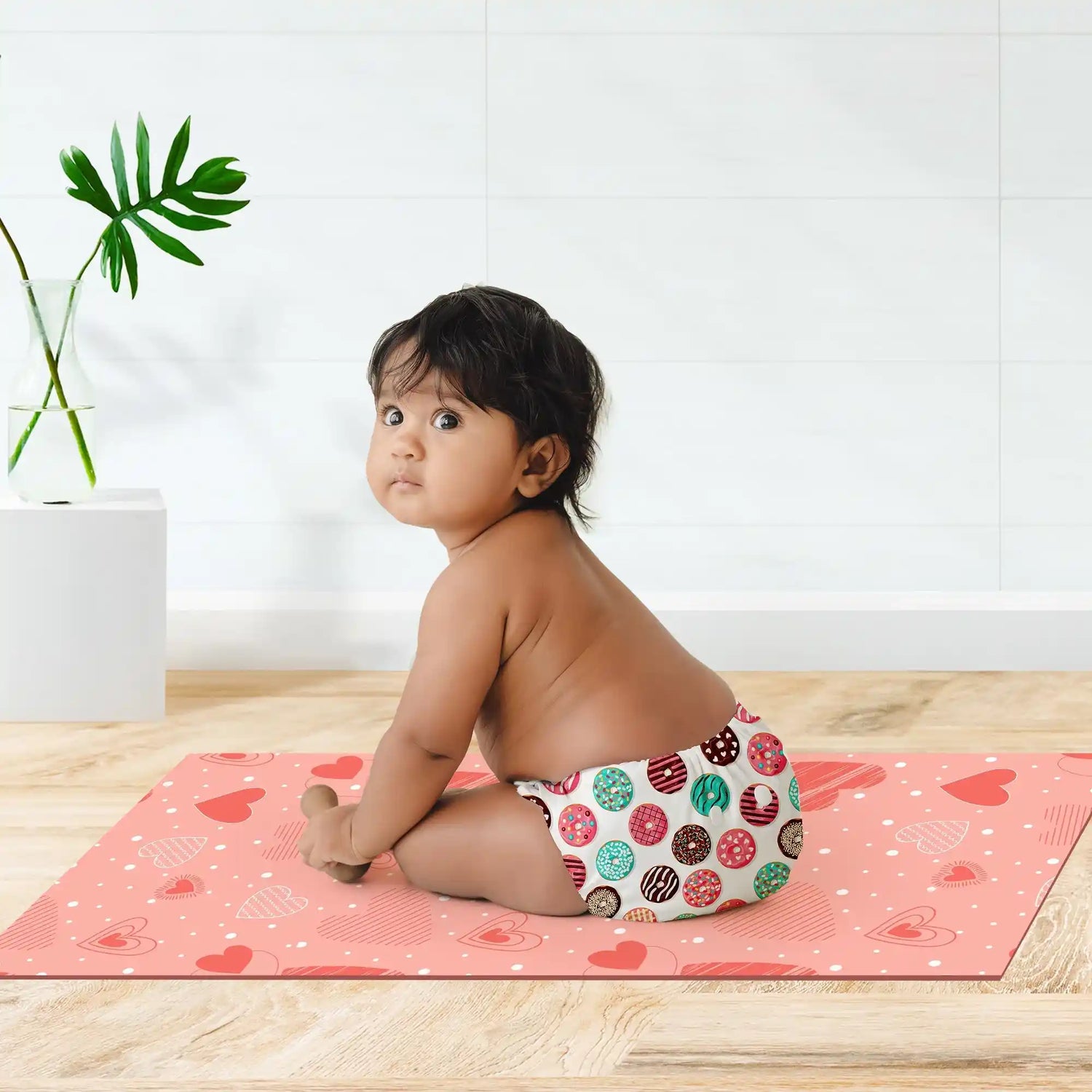• Introduction
• Colostrum – What Is It and What Does It Look Like?
• When Does Milk Start Leaking During Pregnancy?
• Causes of Nipple Discharge
• What To Do When You Have Leaky Breasts?
• Is Nipple Discharge Normal?
• When To See A Doctor
• KEY TAKEAWAYS
• FAQs
• MESSAGE FROM SUPERBOTTOMS
Boobs leaking during pregnancy is a widespread biological phenomenon that many expecting moms experience. Colostrum leaking is a sign that your body is preparing to feed the baby on its way, and it will soon arrive! You might experience Boobs Leaking during pregnancy, usually during the final weeks before you deliver. This is nothing to worry about, but if you are bothered by them, washable breast pads can come in handy.
Colostrum – What Is It and What Does It Look Like?
Colostrum, also known as foremilk, is the fluid that a woman's body produces before producing milk. It is considered the best first milk for a baby because it is thick and yellow. Colostrum is also known as Liquid Gold due to its ability to build a baby's initial immunity. It is easy to digest and is rich in protein and antibodies for the newborn baby.
Colostrum also has laxative qualities and helps babies get rid of meconium, the first black sticky poop created by ingesting the amniotic fluid while inside the womb. Due to this, babies are at a lower risk of developing jaundice at birth.
When Does Milk Start Leaking During Pregnancy?
There are many hormones that a woman's body produces during pregnancy. Estrogen and progesterone are the hormones that will prevent your body from actively making any milk while you are expecting, unless you are breastfeeding a child older than one year.
Prolactin is the hormone responsible for producing milk. Towards the end of the second trimester, the body starts to produce prolactin, and some women might experience breast milk leaking during pregnancy as early as the second trimester. But in most cases, this happens towards the end of the pregnancy term.
Causes of Nipple Discharge:
Nipple discharge can be caused by various factors, including:
- Hormonal changes: Fluctuations in hormone levels, such as during pregnancy, breastfeeding, menstrual cycles, or menopause, can stimulate nipple discharge.
- Pregnancy: During pregnancy, hormonal changes prepare the breasts for breastfeeding, leading to the production of colostrum, a precursor to breast milk, which may result in nipple discharge during pregnancy.
- Breastfeeding: Nipple discharge is common during breastfeeding as milk is released from the breasts to feed the baby.
- Medications: Certain medications, such as birth control pills, antidepressants, antipsychotics, and some cardiovascular medications, can cause nipple discharge as a side effect.
- Infections: Breast infections, such as mastitis (inflammation of the breast tissue) or breast abscesses, can cause nipple discharge, which is often accompanied by other symptoms such as pain, redness, and swelling.
- Hormone imbalances: Disorders such as hyperprolactinemia (elevated levels of prolactin hormone) or thyroid disorders can disrupt hormonal balance and cause nipple discharge.
- Benign breast conditions: Non-cancerous breast conditions such as fibrocystic changes, intraductal papillomas (non-cancerous growths in the milk ducts), or ductal ectasia (widening of the milk ducts) can cause nipple discharge.
- Injuries or trauma: Trauma or injury to the breast or nipple area can sometimes cause nipple discharge.
- Breast cancer: While less common, nipple discharge can also be a symptom of breast cancer, mainly if it's spontaneous, bloody or occurs only on one side, or if it's associated with other signs like a breast lump or changes in the breast skin.
If you experience nipple discharge, especially if it's persistent, spontaneous, bloody, or associated with other concerning symptoms, it's essential to consult with your healthcare provider for evaluation and appropriate management.
What To Do When You Have Leaky Breasts?
Here are some tips for managing leaky breasts:
- Nursing pads: Wear nursing or breast pads inside your bra to absorb leakage and prevent wetness from showing through your clothing. To manage colostrum leakage from the breasts during pregnancy, try wearing SuperBottoms Dry Feel Nursing Pads or breast pads made of 5-layer cotton Padding, which is highly breathable and luxuriously comfortable.
- Comfortable bras: Opt for good support and coverage to keep nursing pads in place and minimise discomfort.
- Breast shells: Consider using breast shells worn inside the bra to collect leaking breast milk and prevent it from soaking into clothing.
- Change pads regularly: Change nursing pads frequently to maintain cleanliness and prevent irritation or infection.
- Gentle compression: Applying gentle pressure to the nipples can help reduce leakage. You can use your hand or a folded towel to apply light pressure.
- Stay hydrated: Proper hydration is essential for milk production, so drink plenty of water throughout the day.
- Seek support: If you're experiencing discomfort or have concerns about leaky breasts, don't hesitate to reach out to a healthcare provider or lactation consultant for guidance and support. They can offer personalised advice and assistance tailored to your needs.
|
Limited Time Offers + Special Gift Sets! Now or never Super SALE is live on the SuperBottoms website! Take advantage of unbeatable value deals on our UNO Cloth Diapers, Baby Essentials, and more. Looking for the perfect present for a newborn or a toddler? Explore our thoughtfully curated Gift Sets & Combos — safe, skin-friendly, and oh-so-cute! A bundle of love for little ones and a delight for parents. HURRY — Deals and Gift Packs are live only till stocks last. Don’t miss the chance to stock up and share the joy! |
Is Nipple Discharge Normal?
Yes, it's normal to experience leaking breasts during pregnancy. This usually occurs due to hormonal changes that stimulate milk production in preparation for breastfeeding. Colostrum, the early milk produced during pregnancy, can leak from the breasts as early as the second trimester. While some women may not experience leakage at all, others may notice it happening intermittently or regularly.
It's a natural and common occurrence and typically not a cause for concern. However, if you have any problems, excessive leakage, or other symptoms, it's advisable to consult your healthcare provider for reassurance and guidance.
Important note: If you are experiencing postpartum incontinence, you can find relief and support by using Bladder Leak Underwear (Incontinence Panties). These specially designed panties offer comfort and protection, allowing you to manage bladder leaks discreetly and confidently during this transitional period.
When To See A Doctor:
Breast leakage during pregnancy is typically mild, attributed to hormonal shifts and changes in milk ducts. However, certain circumstances warrant medical attention. Seek a doctor if leakage exceeds a few drops, if blood accompanies colostrum, if the colostrum appears thick, or if breast discharge causes pain. These symptoms may necessitate further evaluation.
As most women experience leaky breasts towards the end of pregnancy, colostrum leaking can also indicate that the day is not far away. You can also read about Signs of Labour and be prepared for your little one's arrival.
KEY TAKEAWAYS
1. Breast Milk leaking from breasts is ubiquitous in the third trimester of pregnancy.
2. Keep a few pairs of breast pads with you for emergencies.
3. If the breast milk leak is accompanied by blood or shooting pain, immediately see the doctor.
FAQs:
Q1. Is nipple discharge normal?
Ans. Yes, it's normal for some women to experience leaking breasts during pregnancy. This is due to hormonal changes that stimulate milk production in preparation for breastfeeding.
Q2. When does milk start leaking during pregnancy?
Ans. Breast leakage, often of colostrum, can begin as early as the second trimester for some women.
Q3. What are the causes of nipple discharge?
Ans. Leaky breasts during pregnancy are normal, caused by hormonal changes and breast stimulation during nipple discharge.
Message from SuperBottoms
Hi there, new parents! SuperBottoms brings you doctor-recommended cloth diapers — the best rash-free diapering solution for your baby’s sensitive and delicate skin. Unlike disposable diapers loaded with chemicals, our newborn cloth diapers, when used and washed properly, can help eliminate the risk of diaper rashes. SuperBottoms offers a wide range of safe, skin-friendly essentials for the whole family — including Reusable Cloth Diapers, Diaper Pants, DryFeel langots for diaper-free time, Padded Underwear for potty training, SuperSoft Underwear for everyday comfort, Joggers for playful days, and Period Underwear for women. Not just for everyday use, SuperBottoms products also make the best gifting choice for babies — thoughtful, eco-friendly, practical, and loved by parents. Now available on Amazon, Myntra, Flipkart, FirstCry, Zepto, Swiggy and Blinkit
Reference Links:
1. Nipple discharge Causes
2. Nipple Discharge: Colour, Causes, and Next Steps

